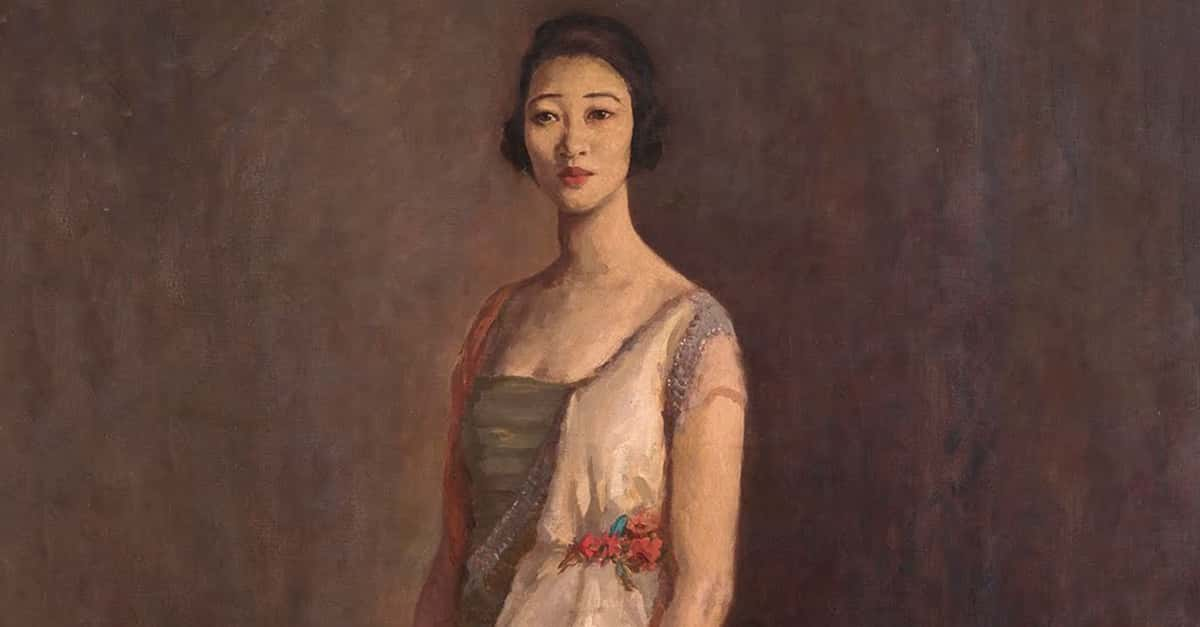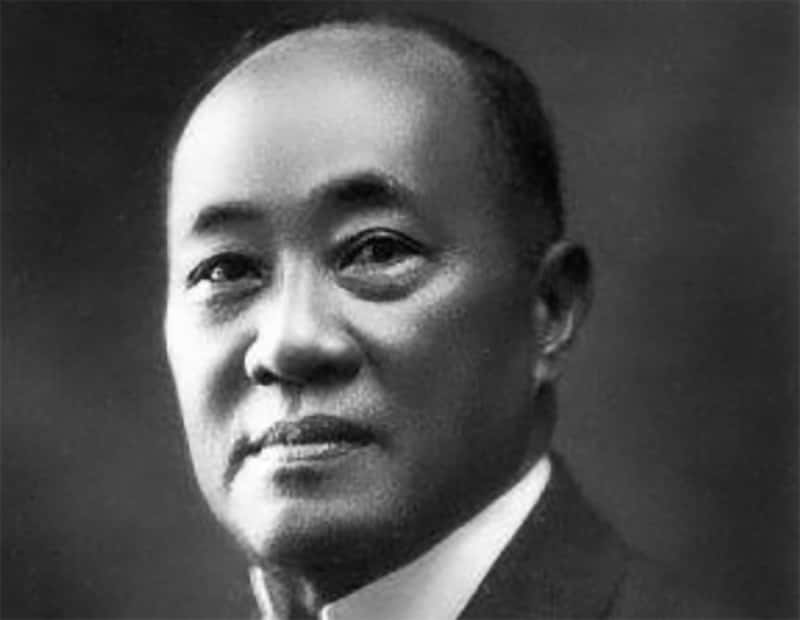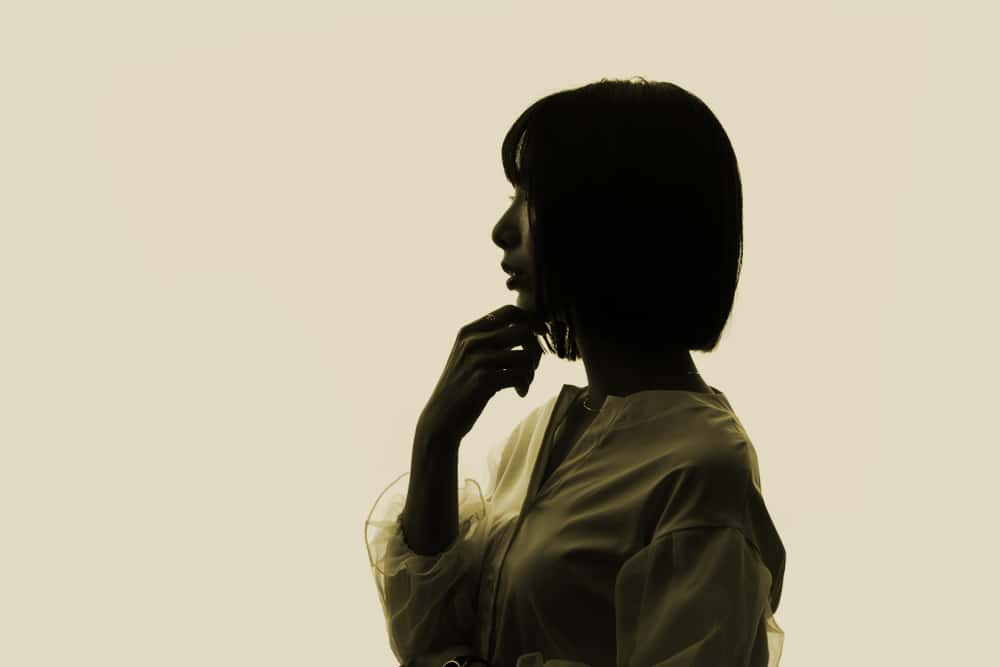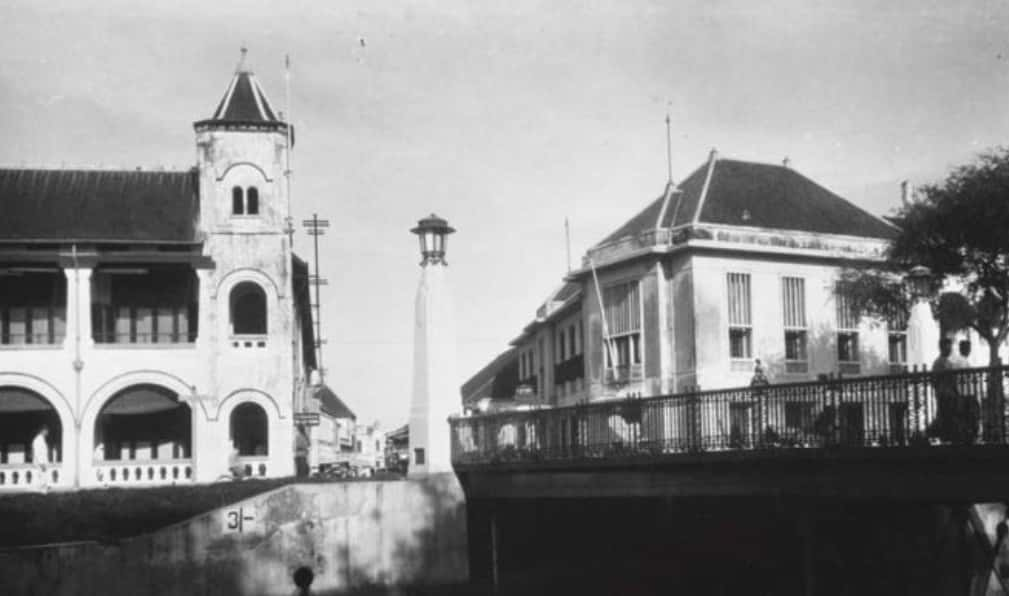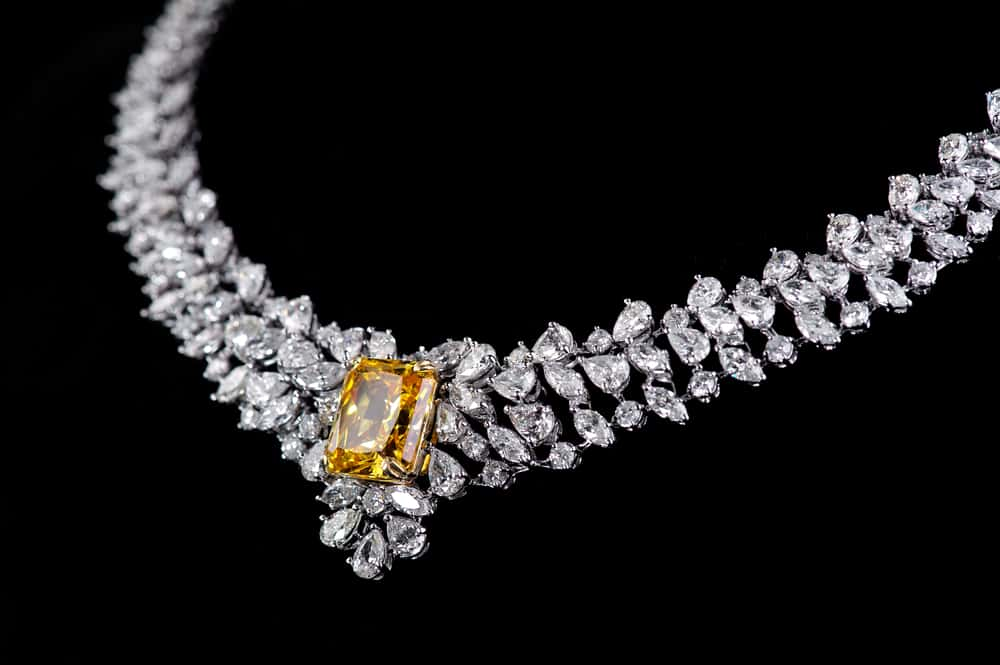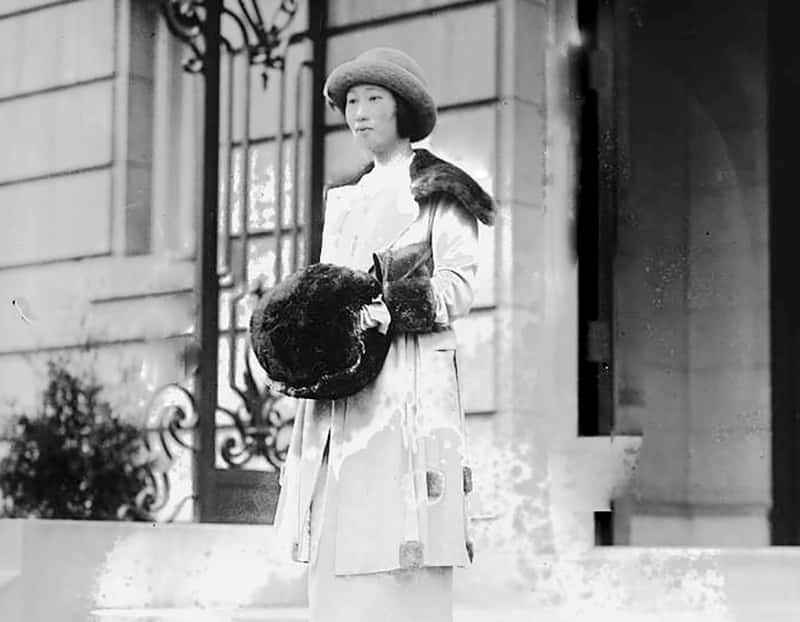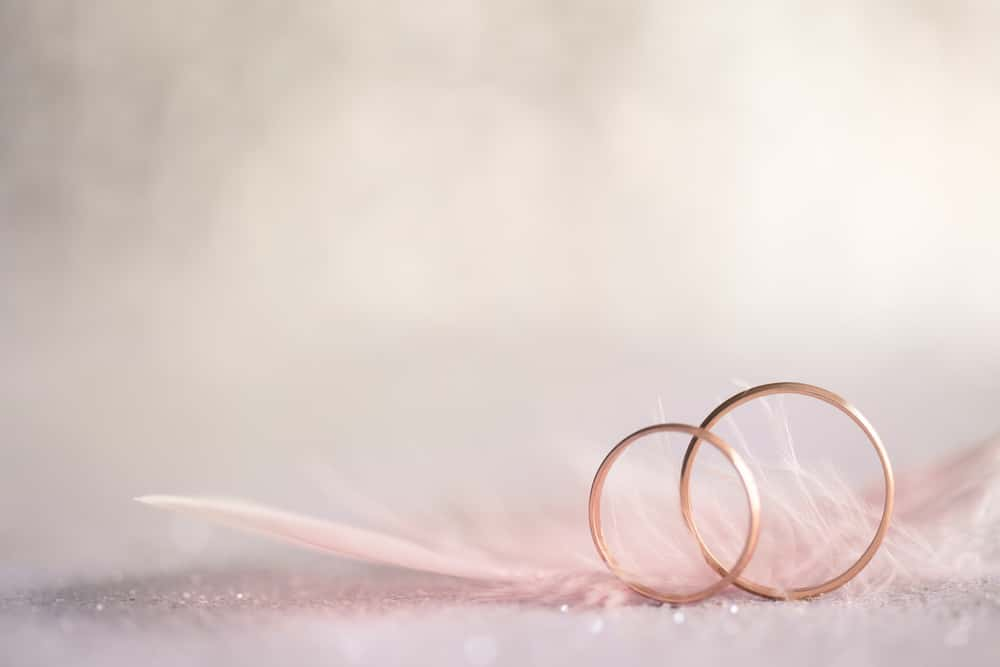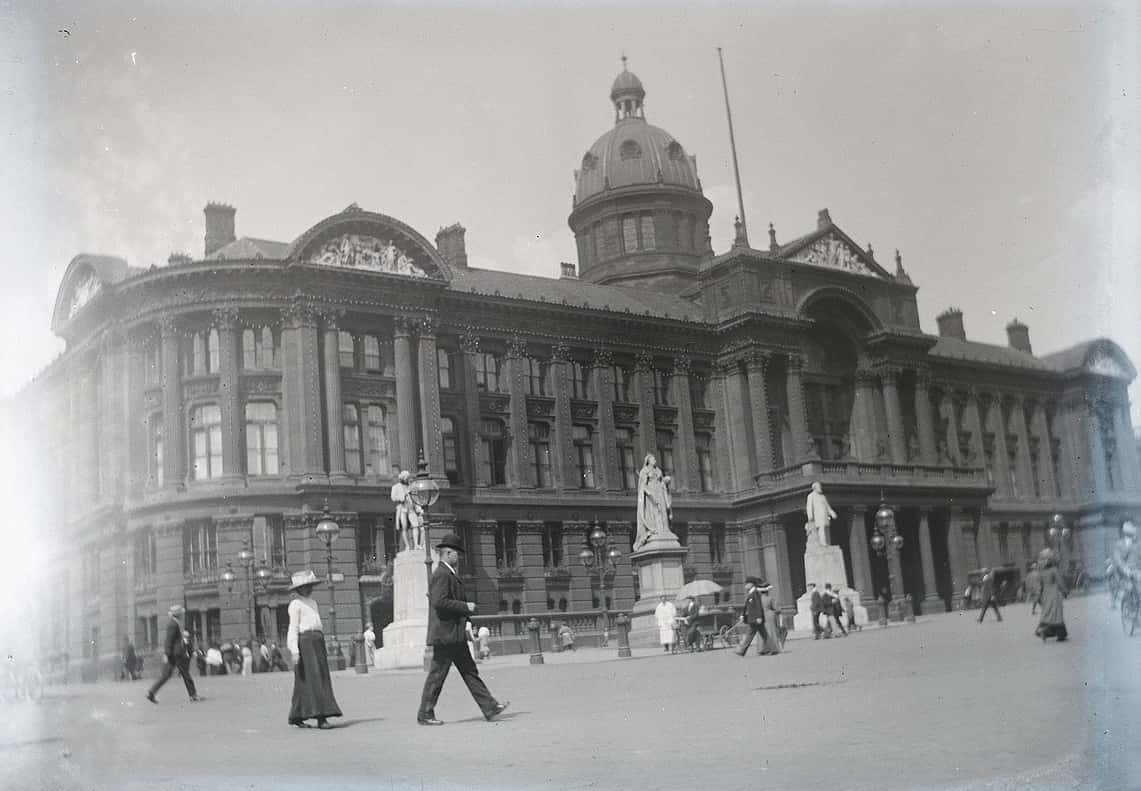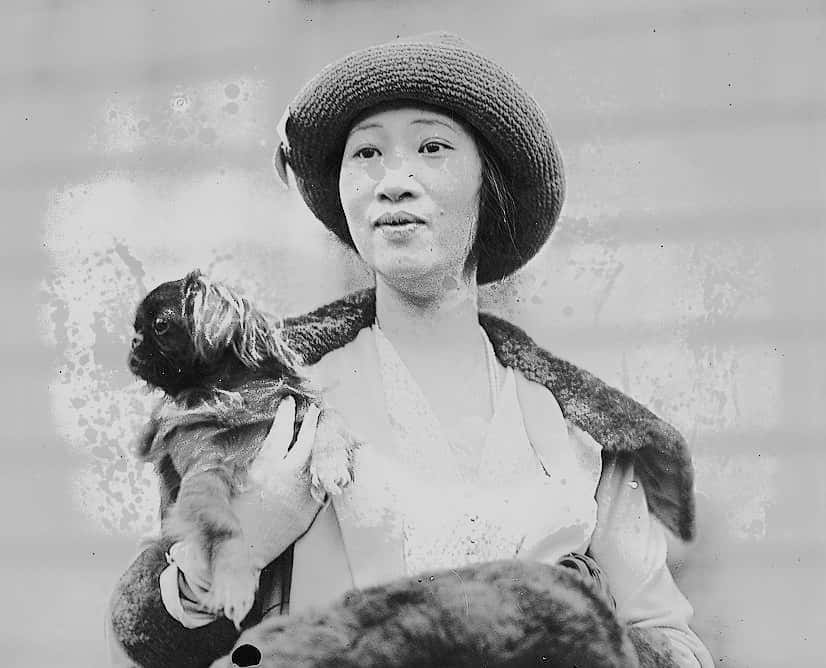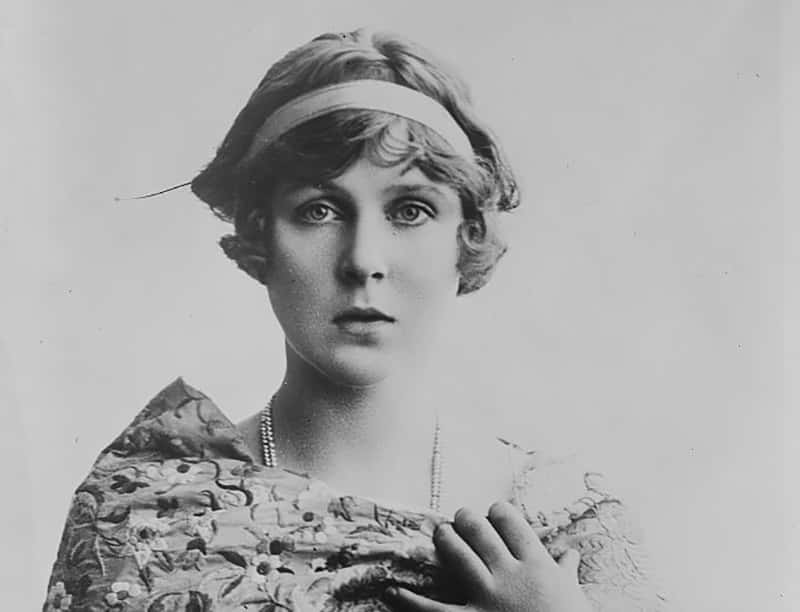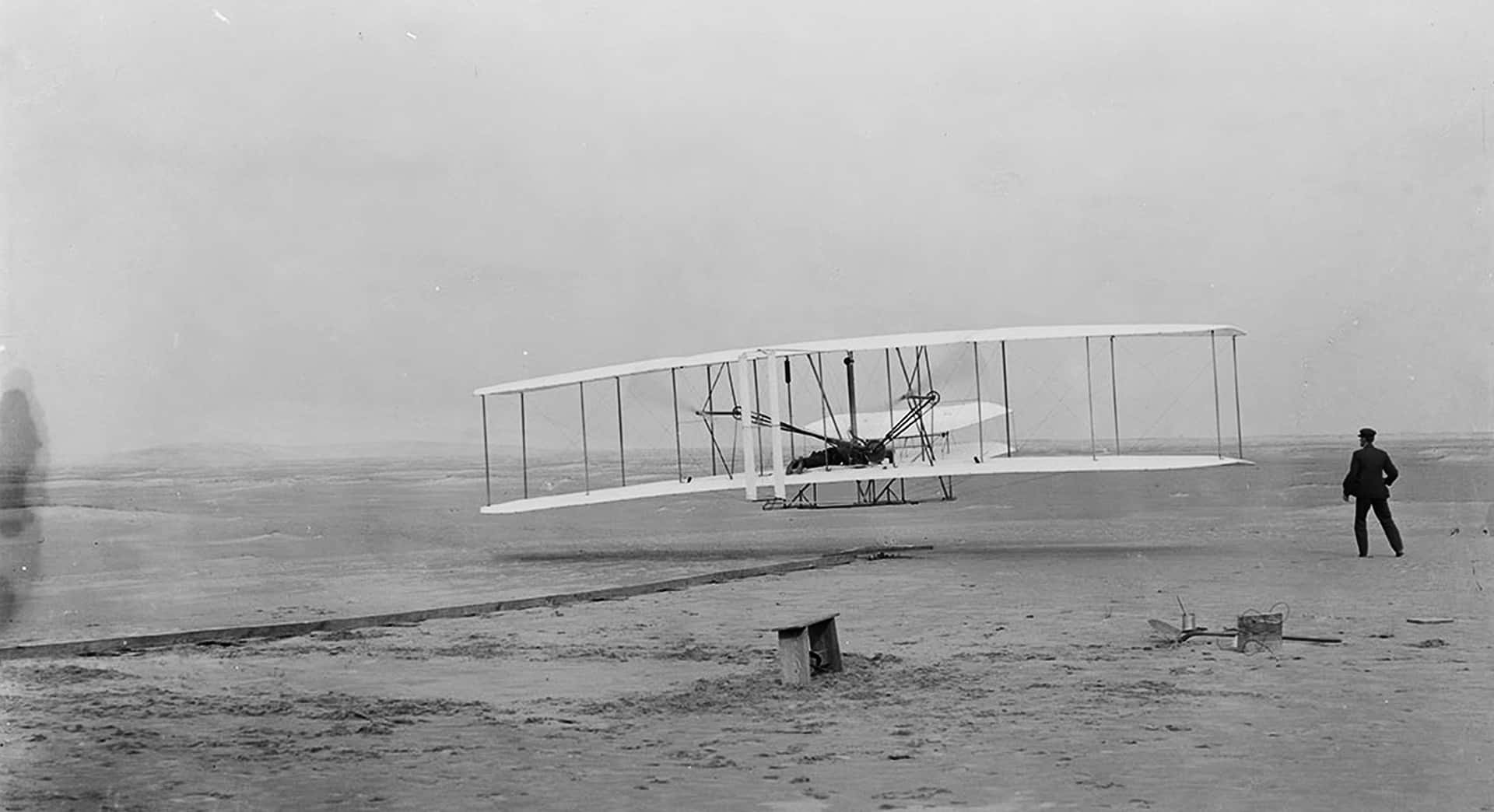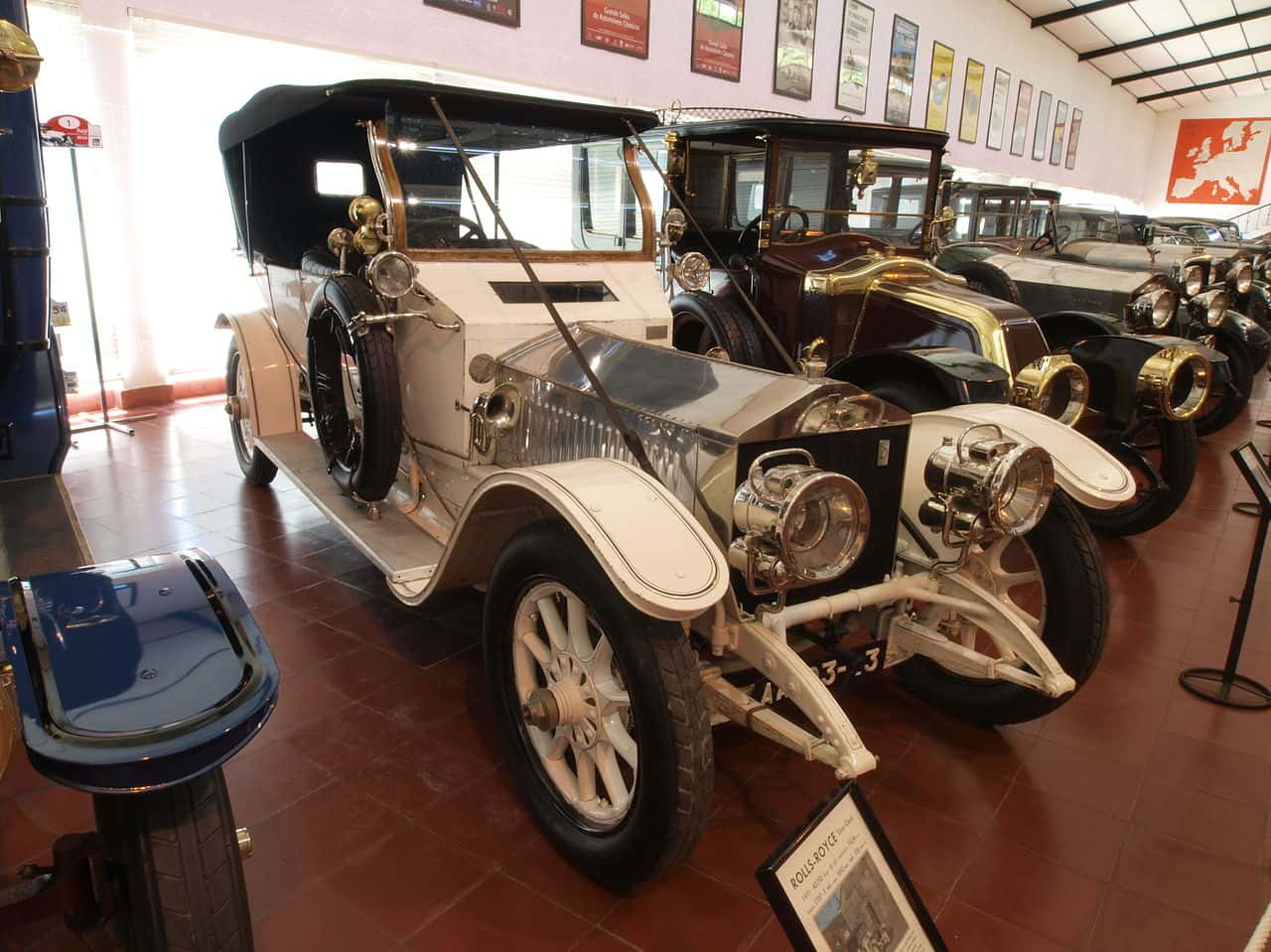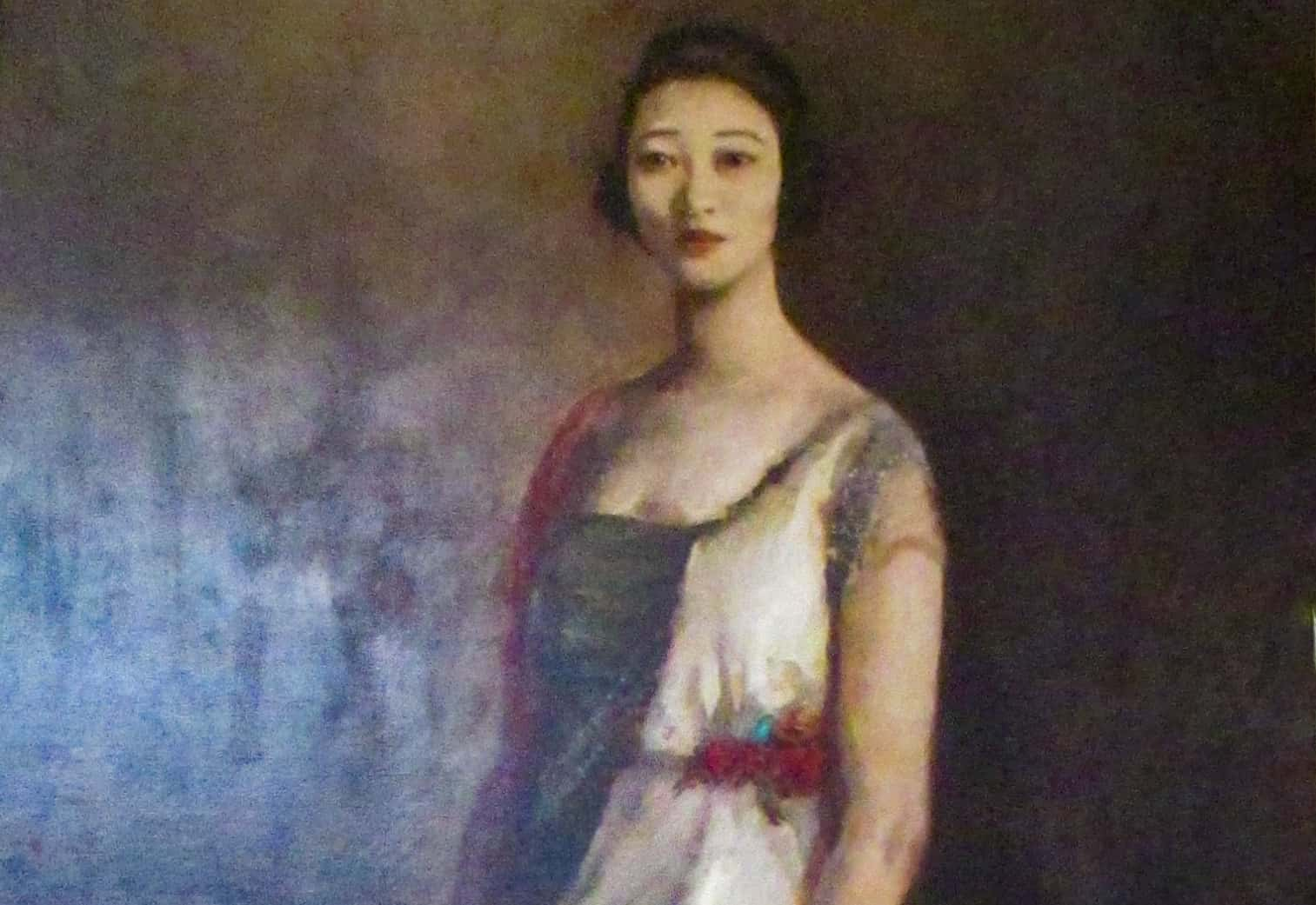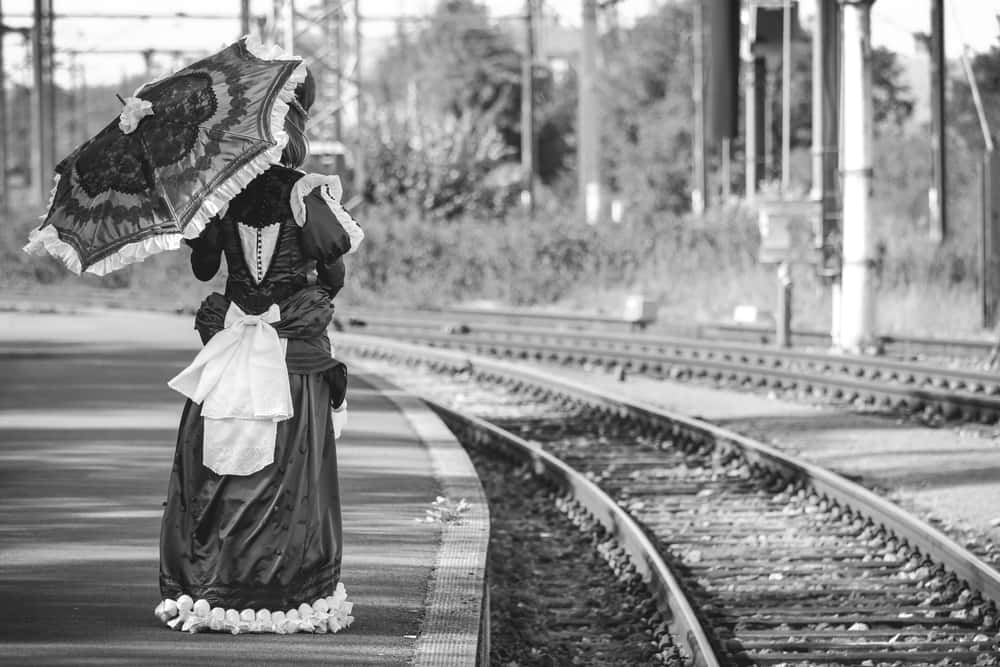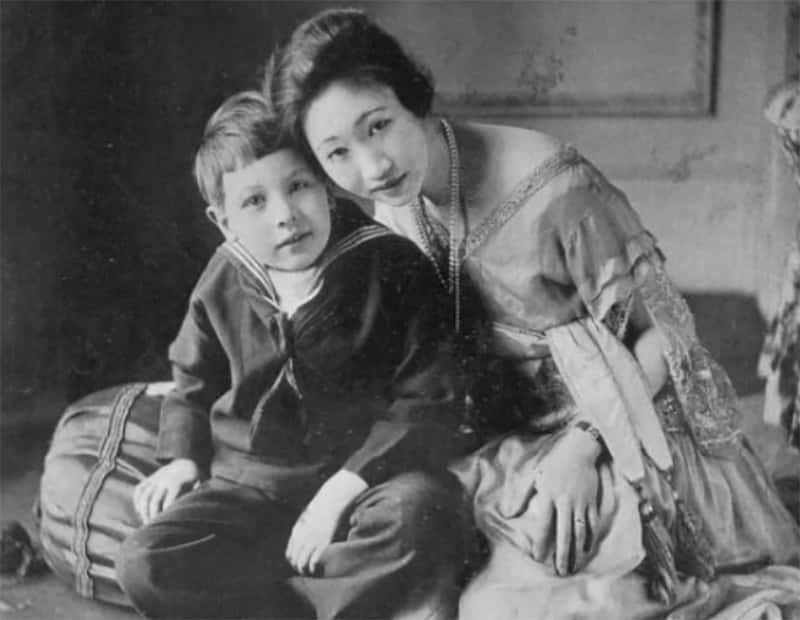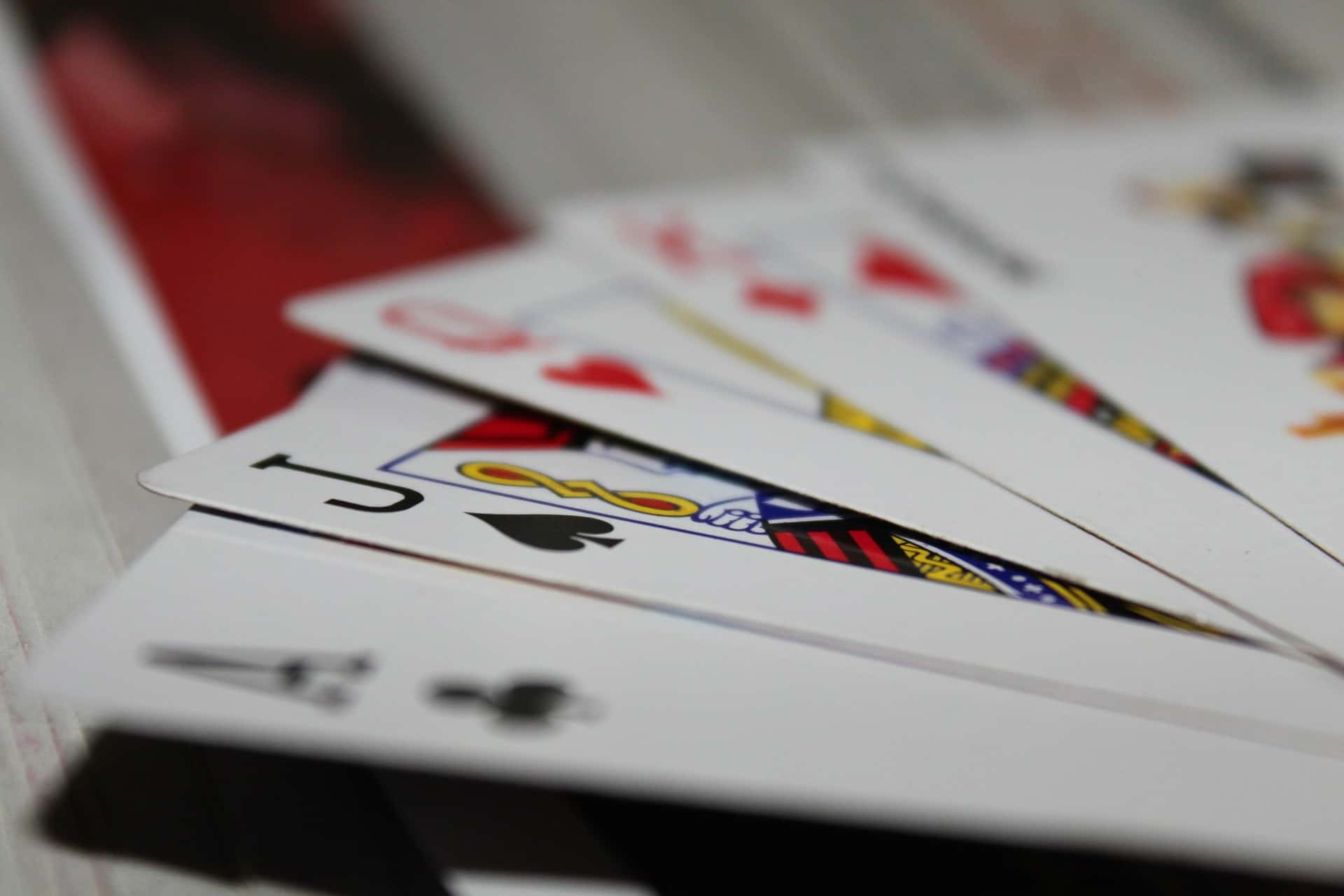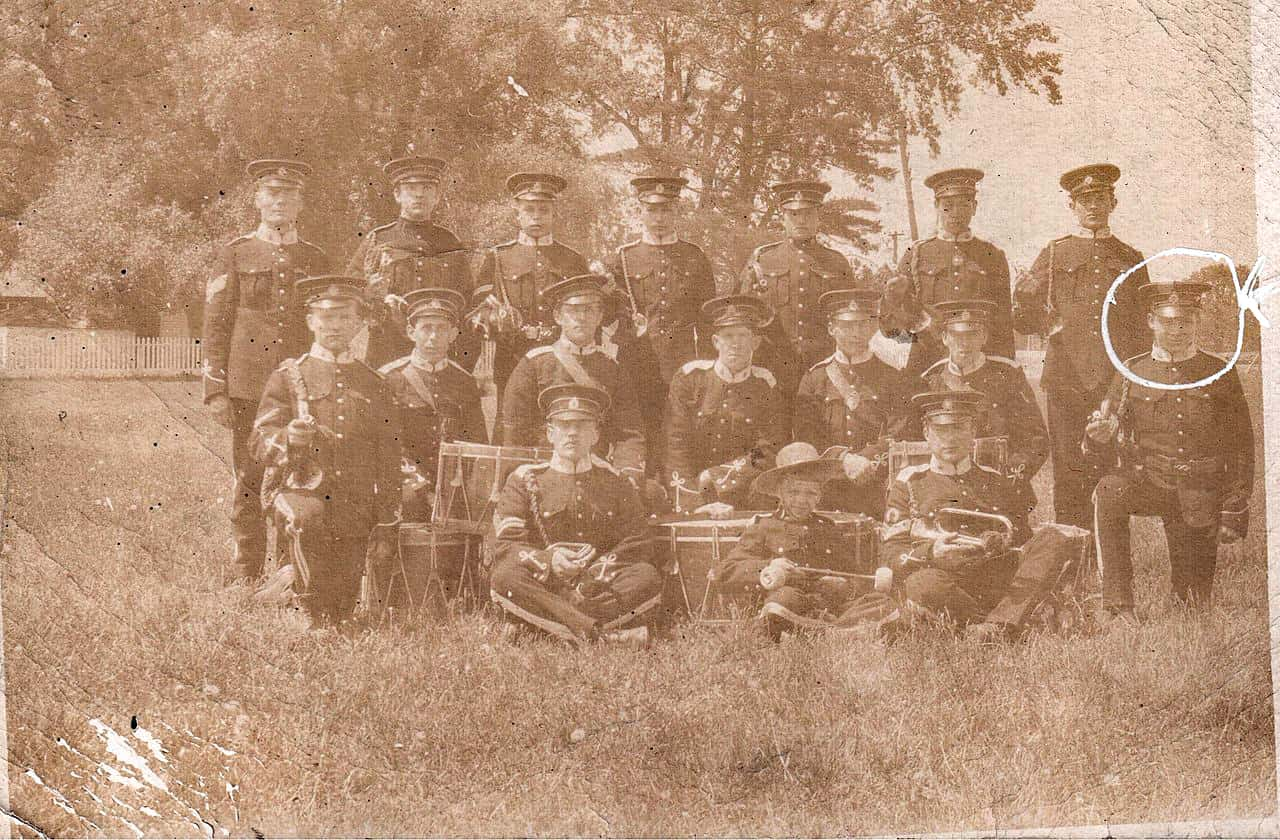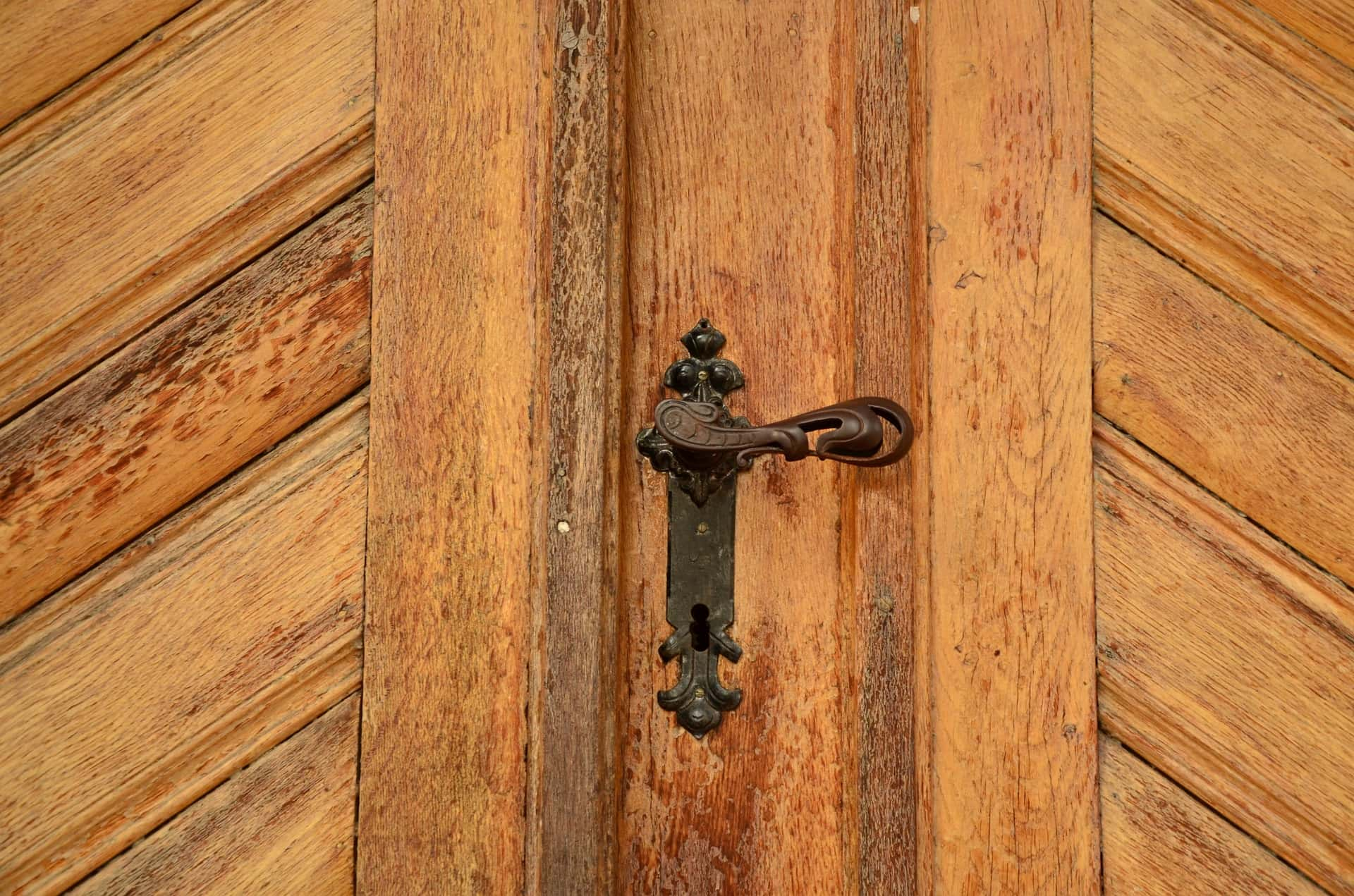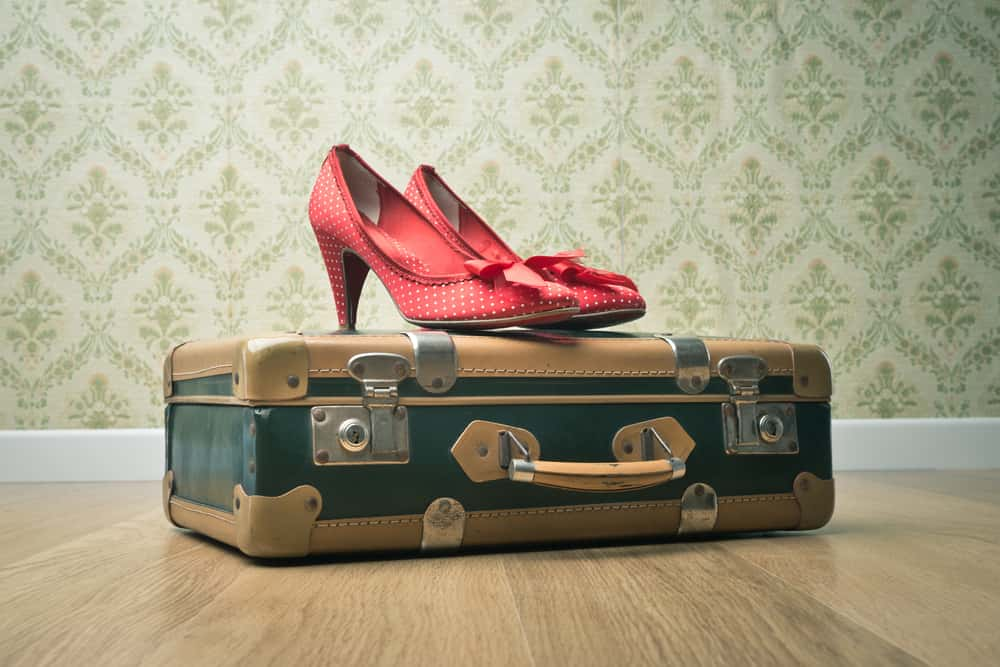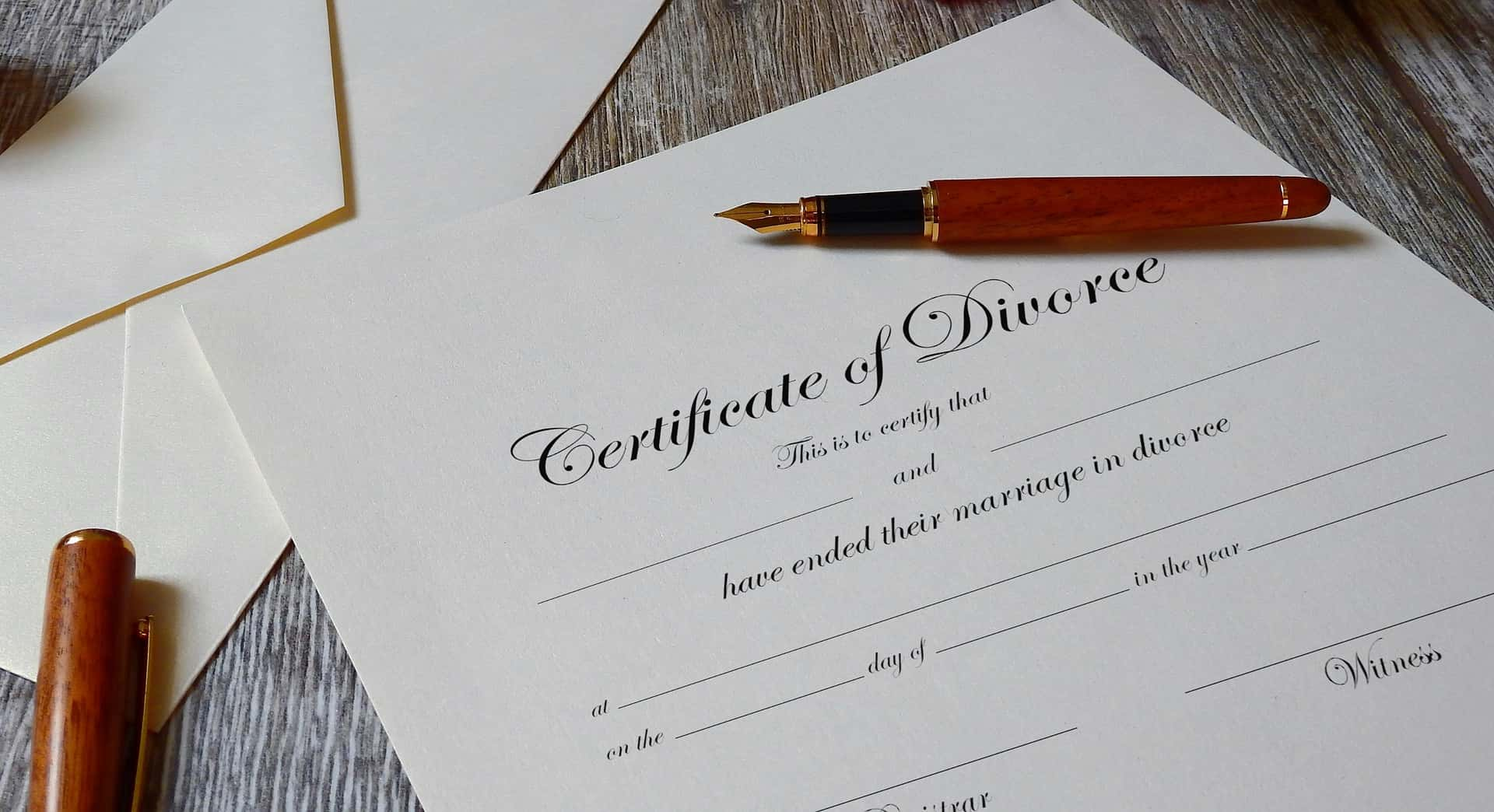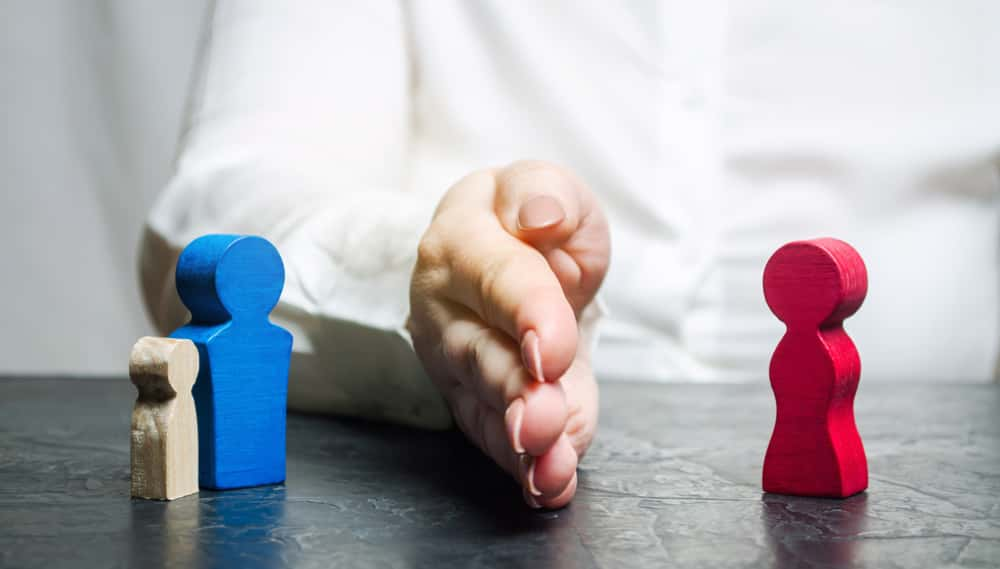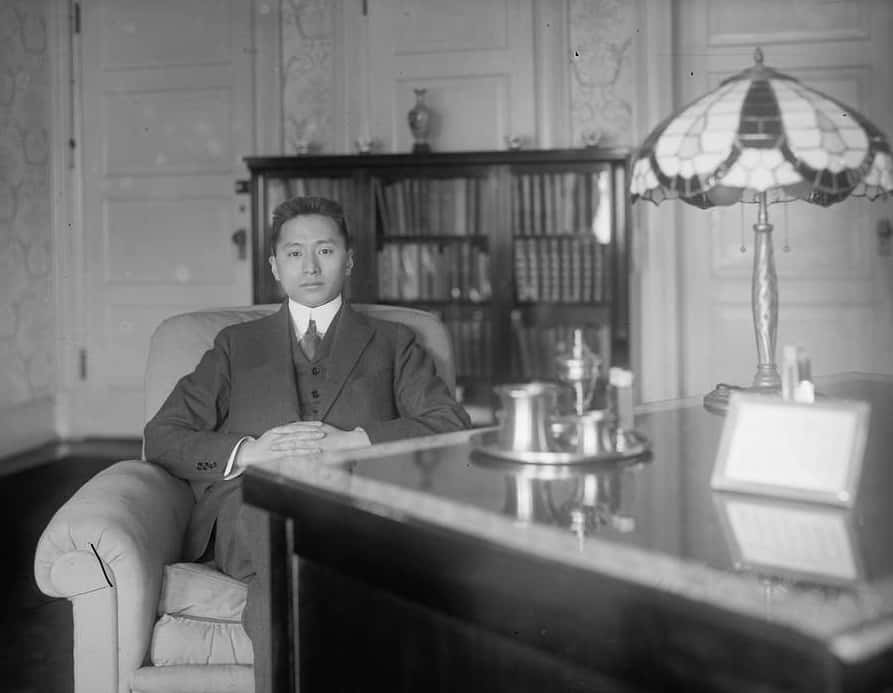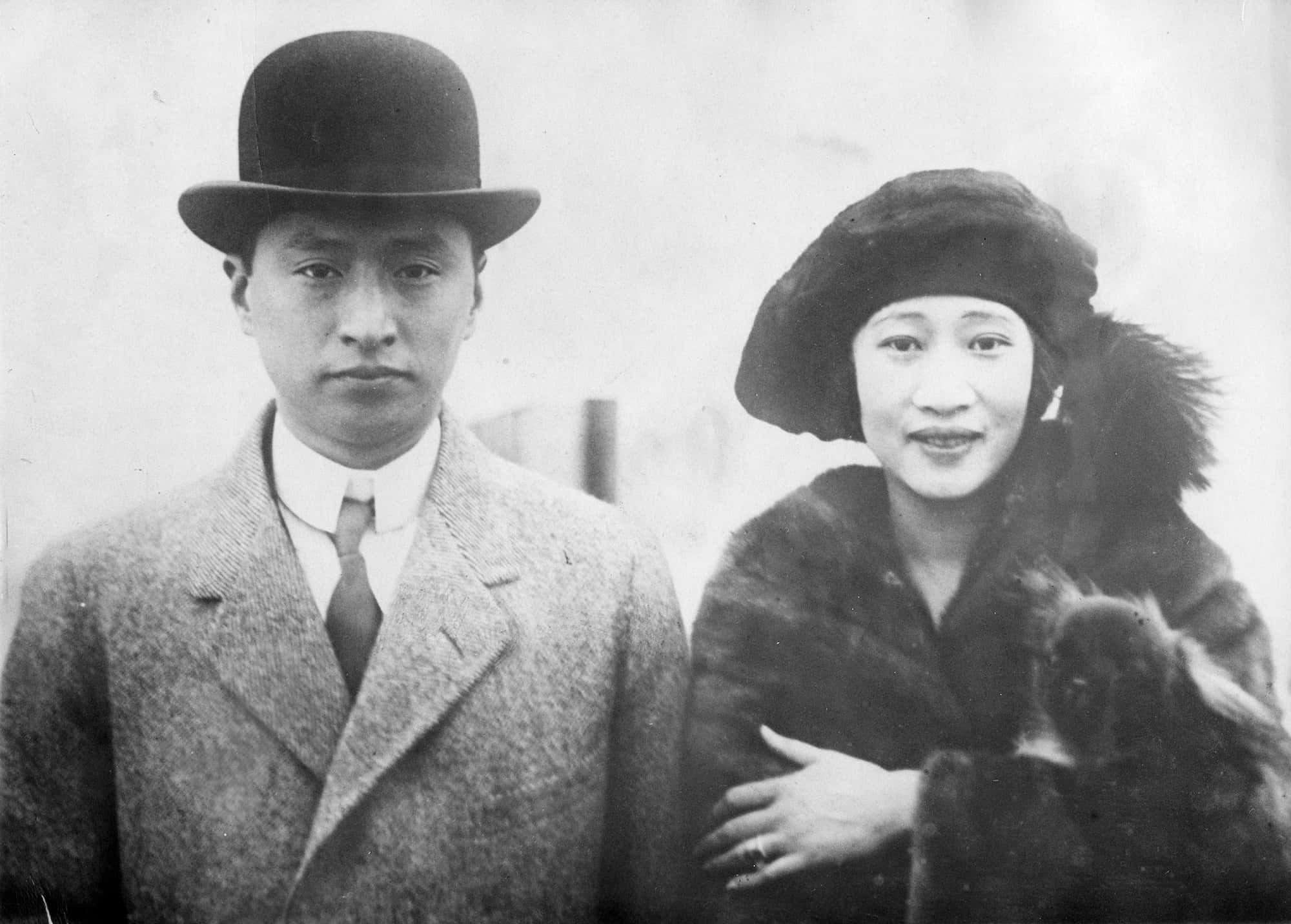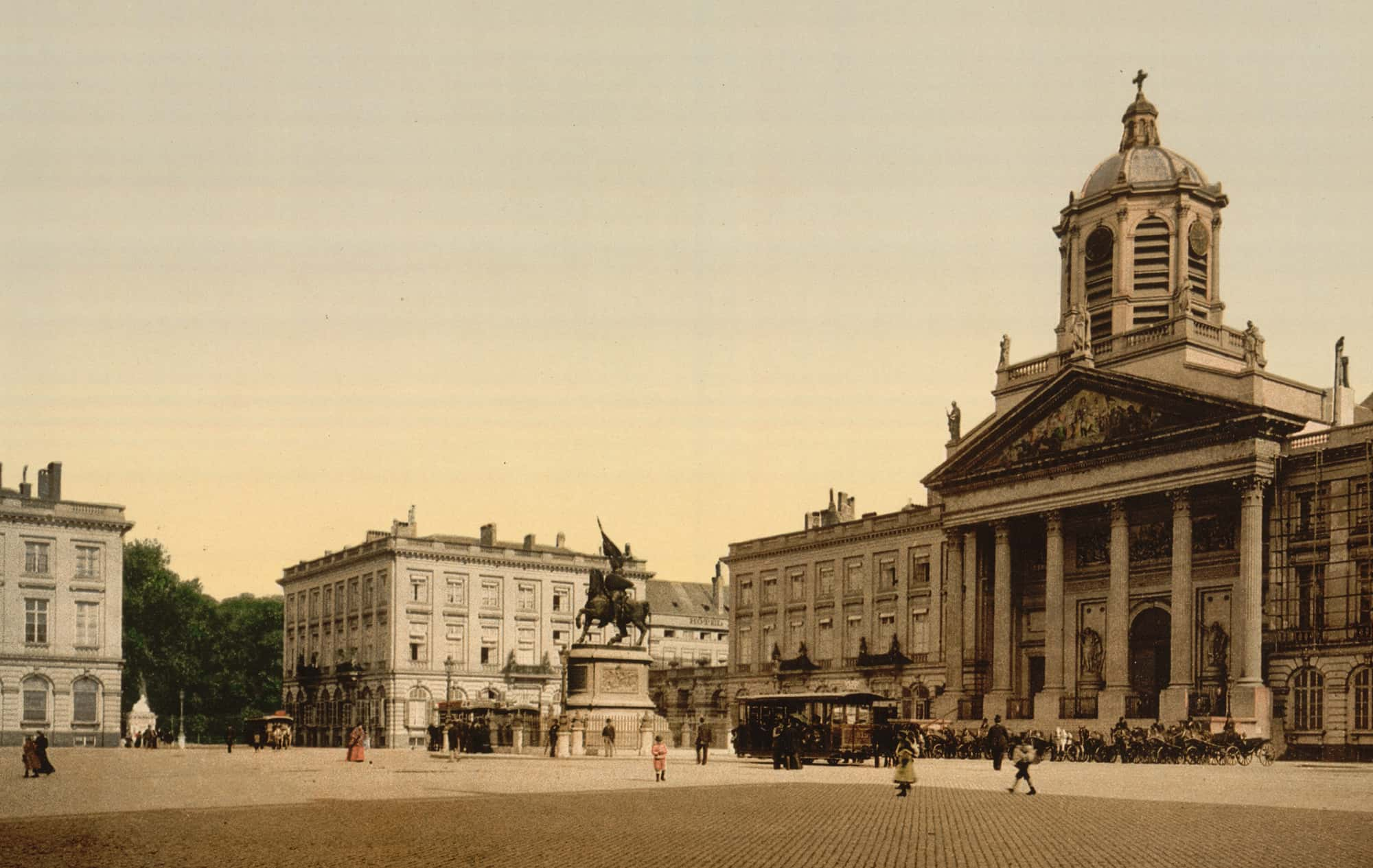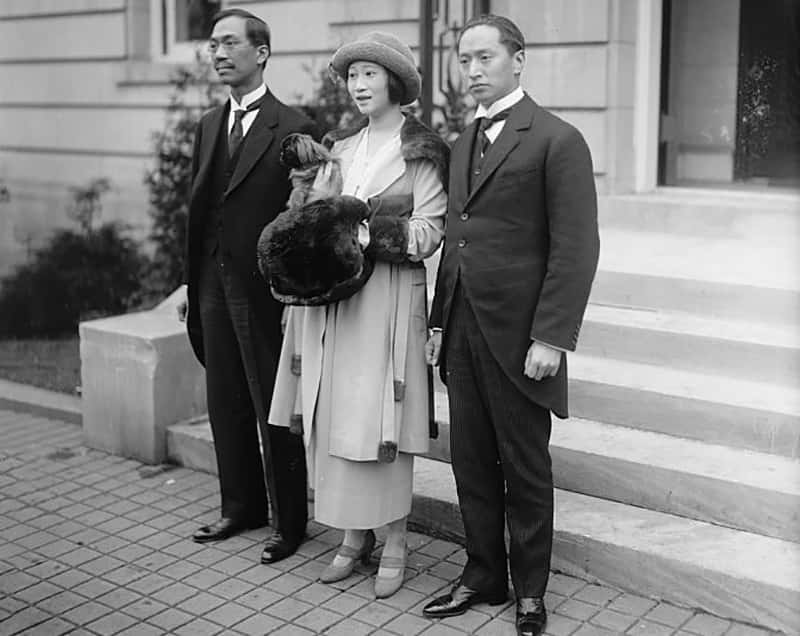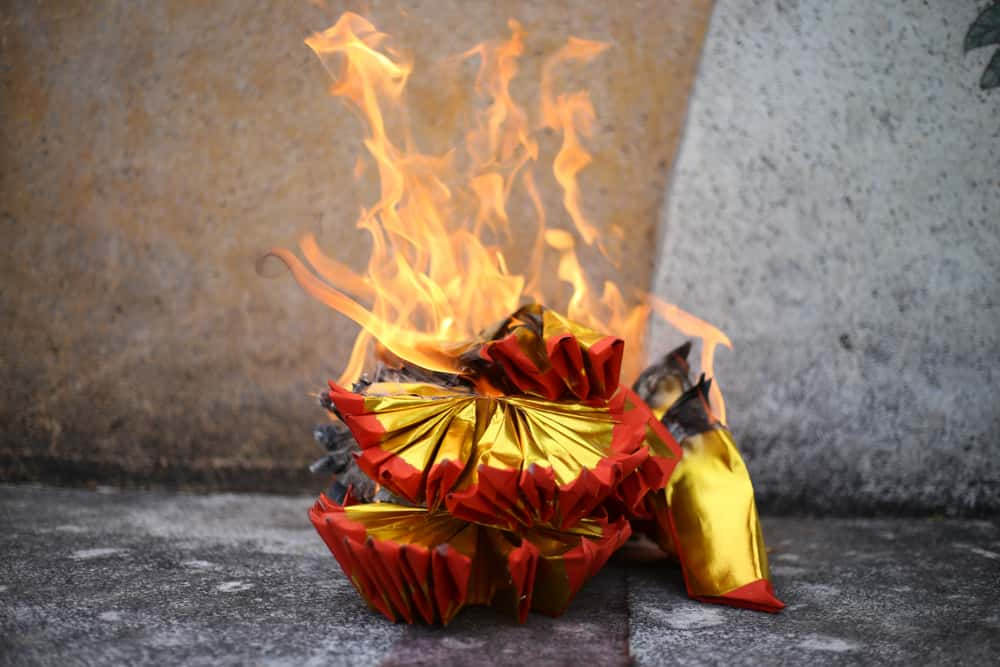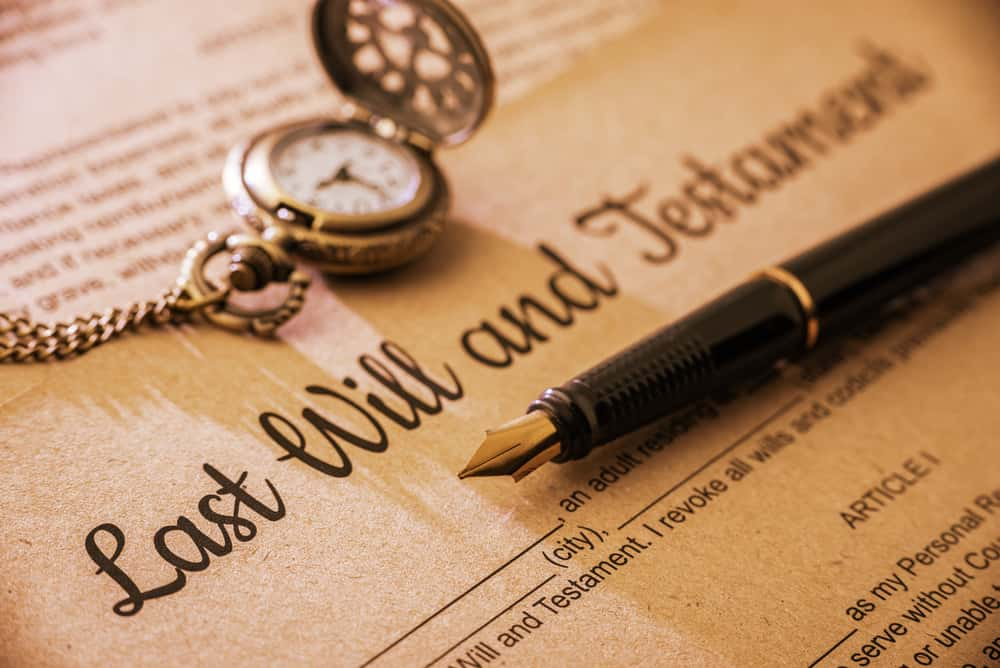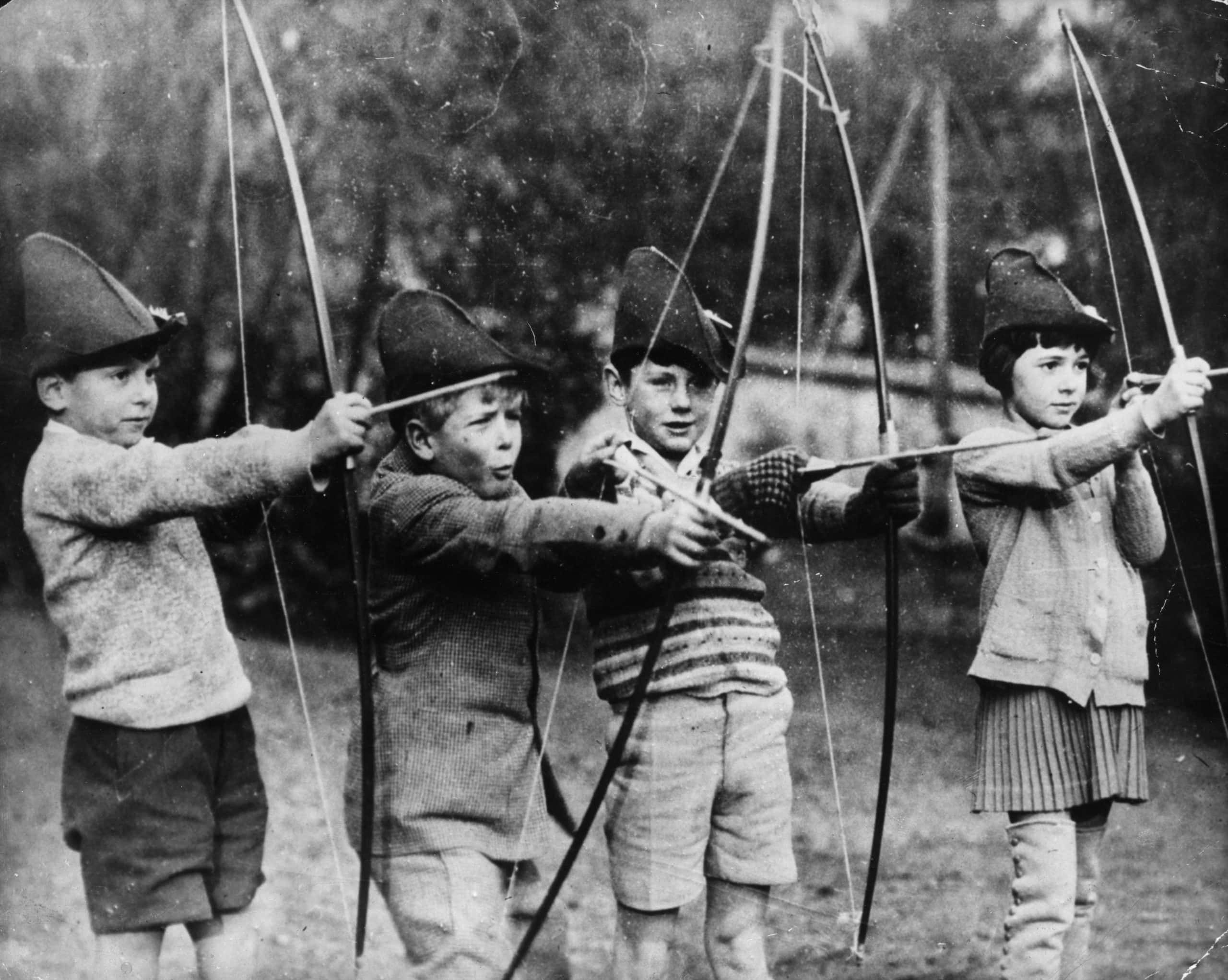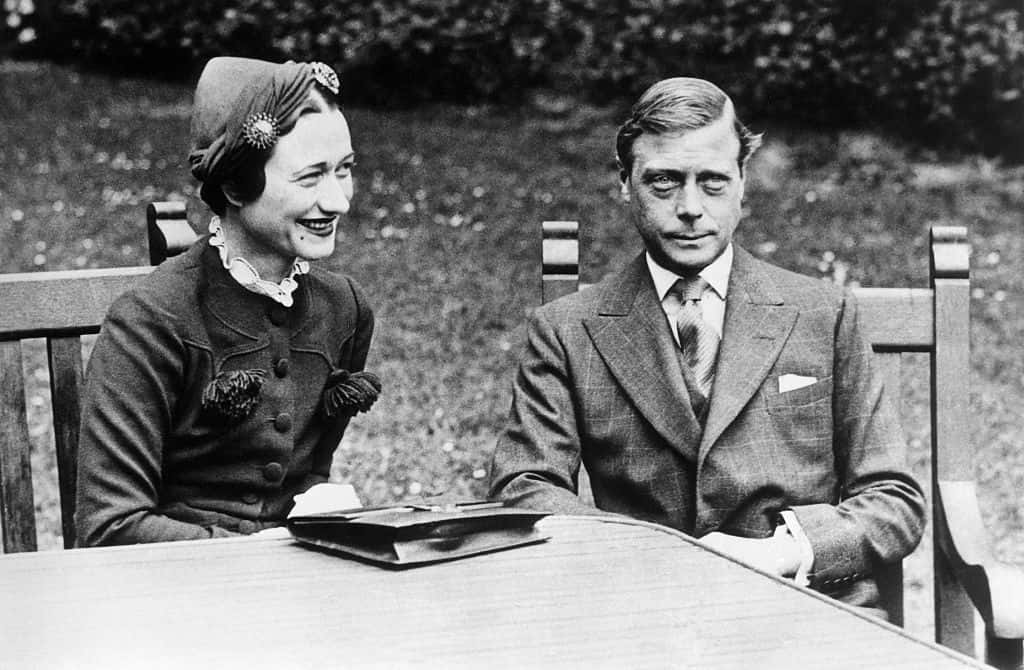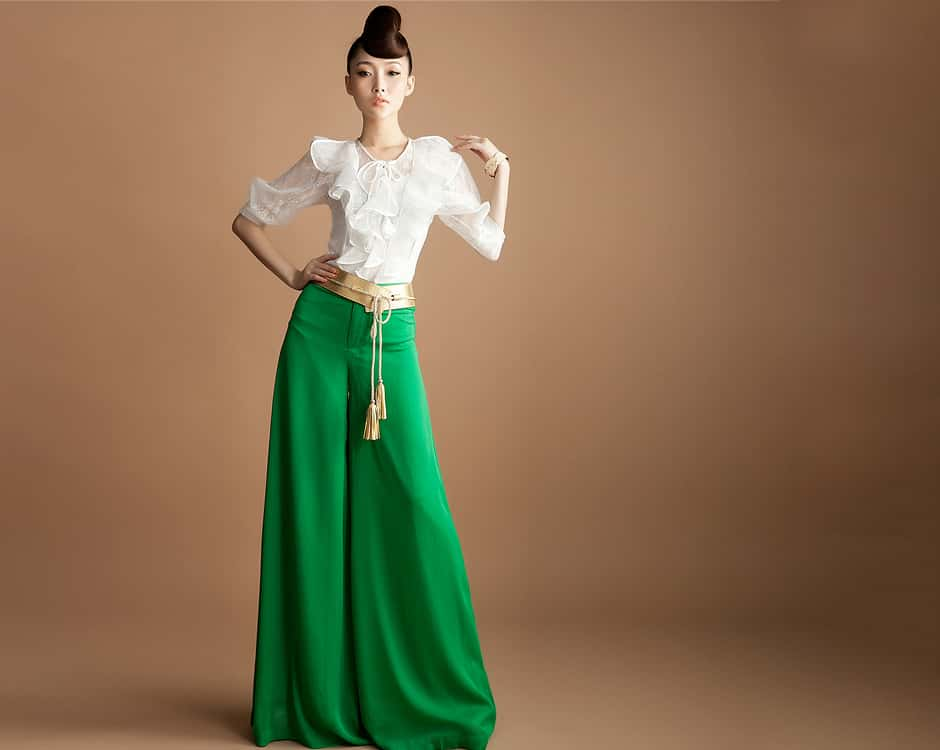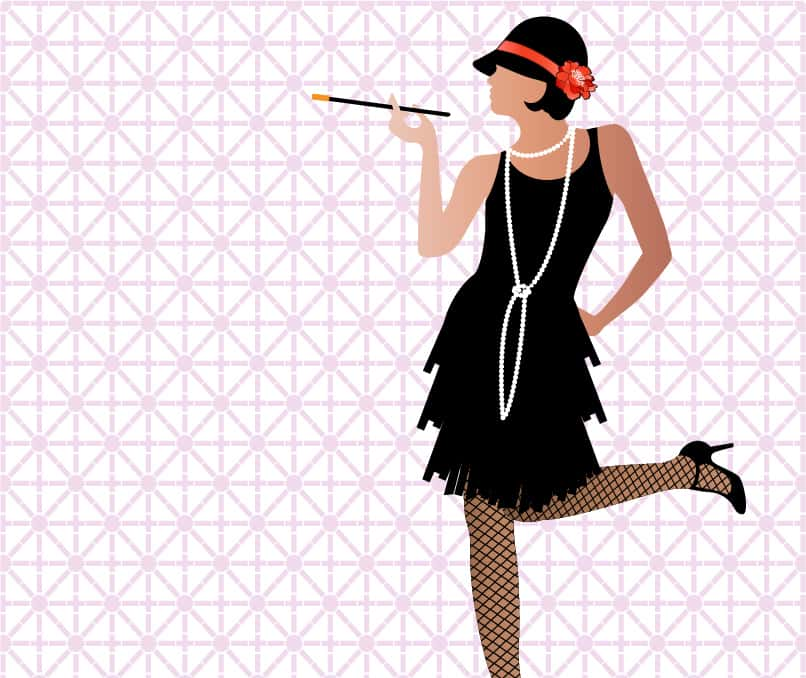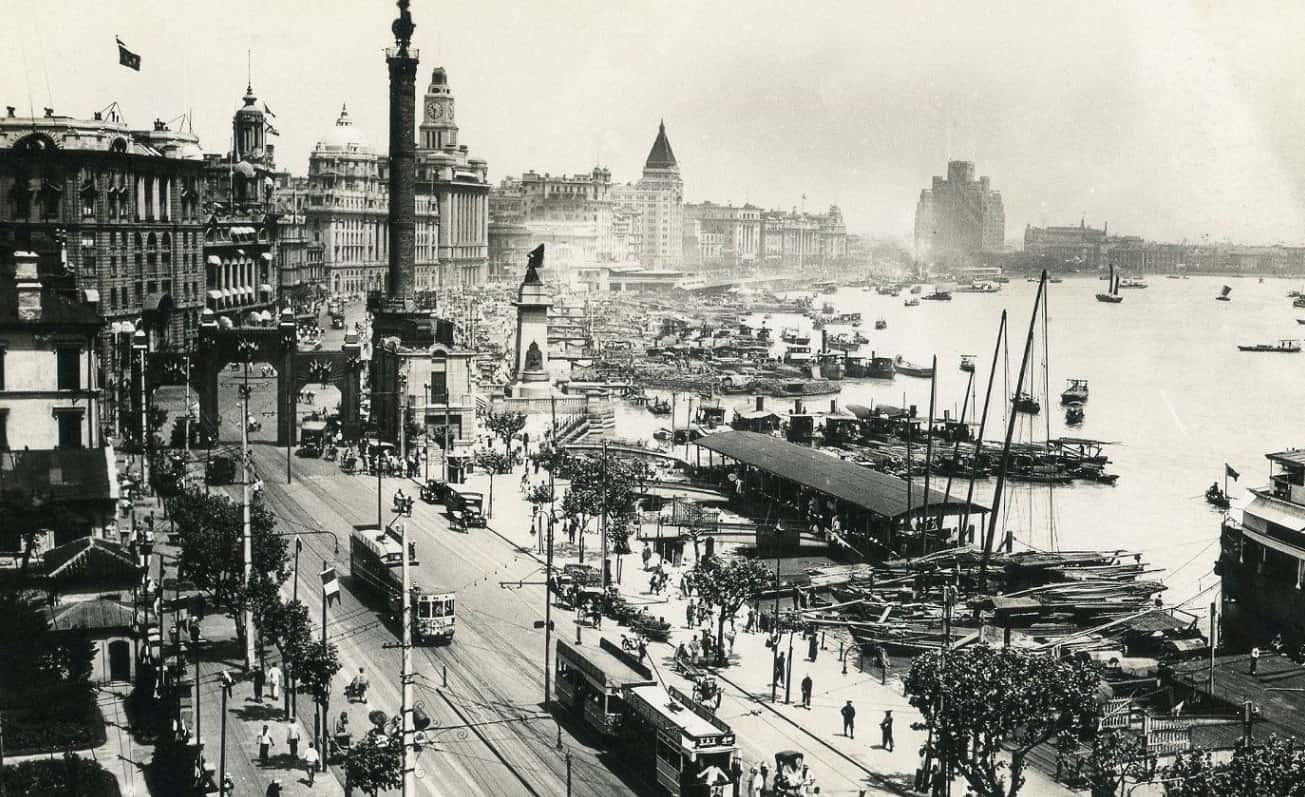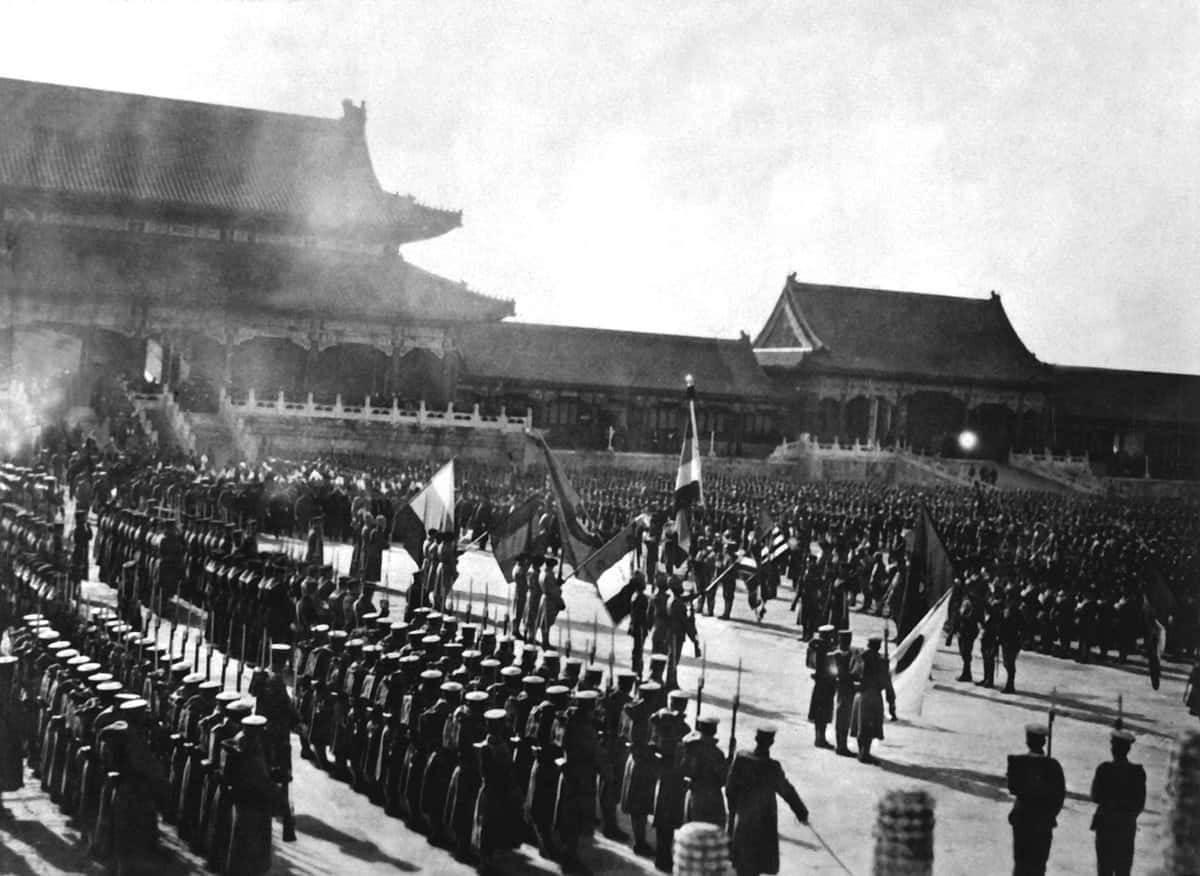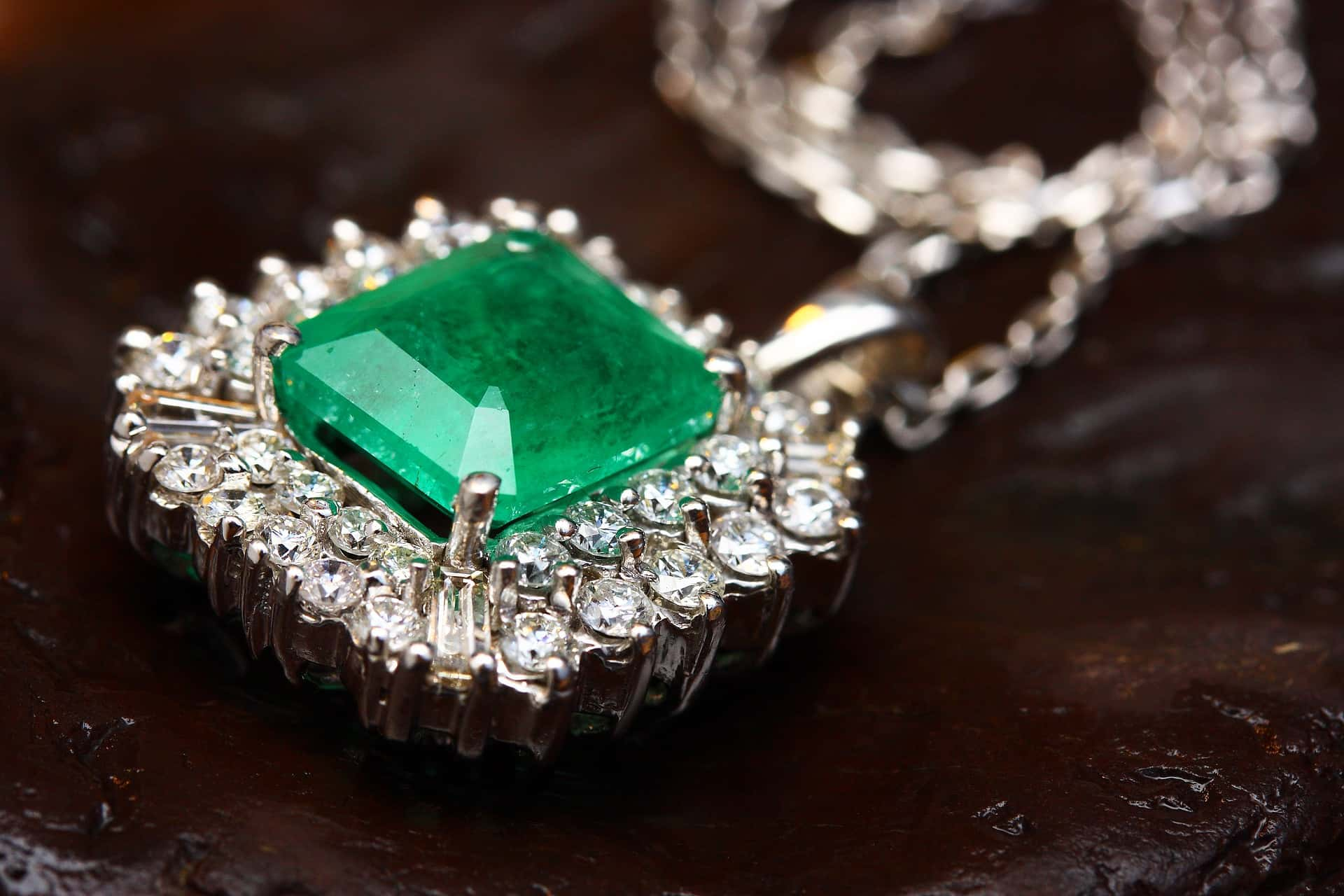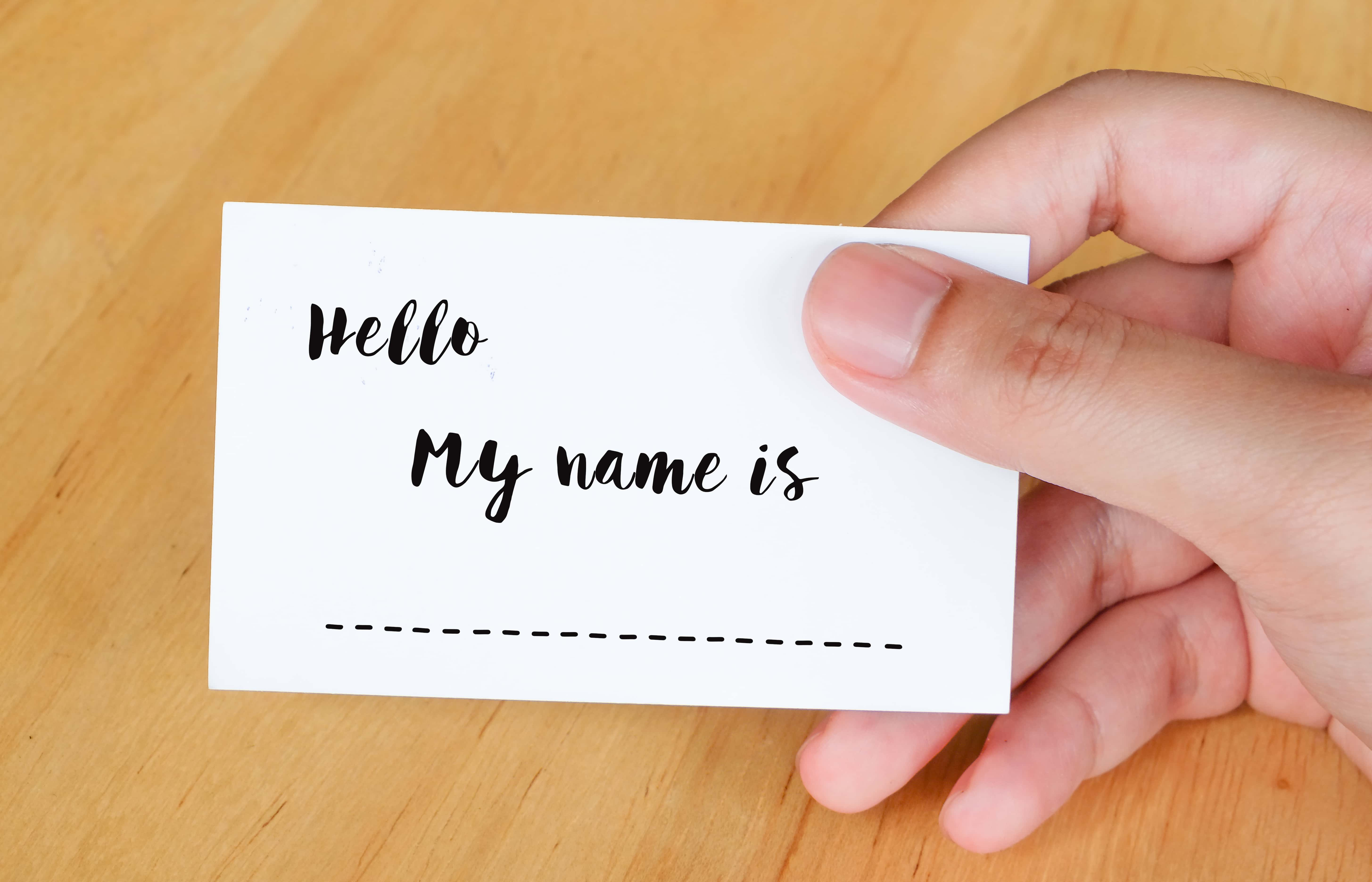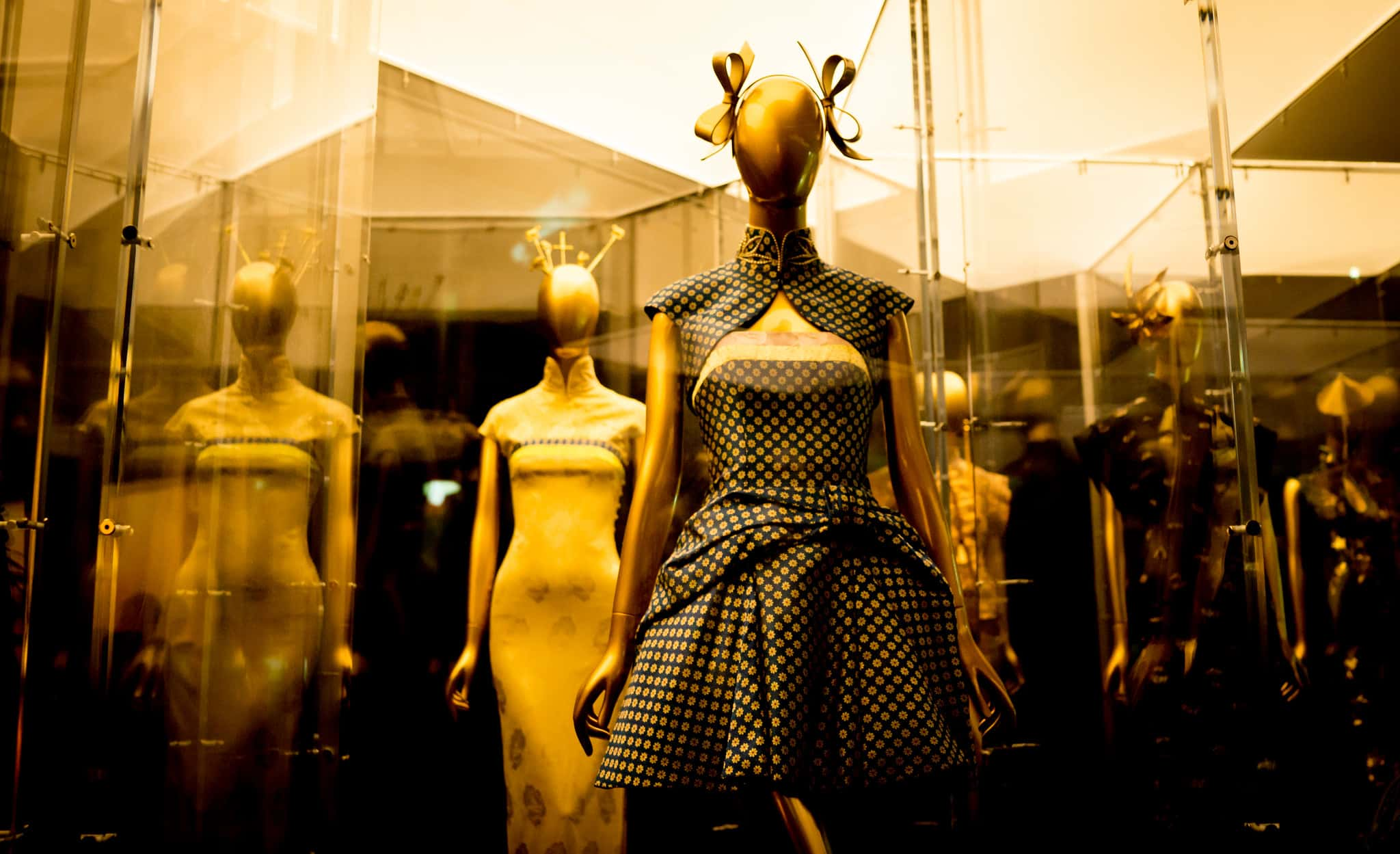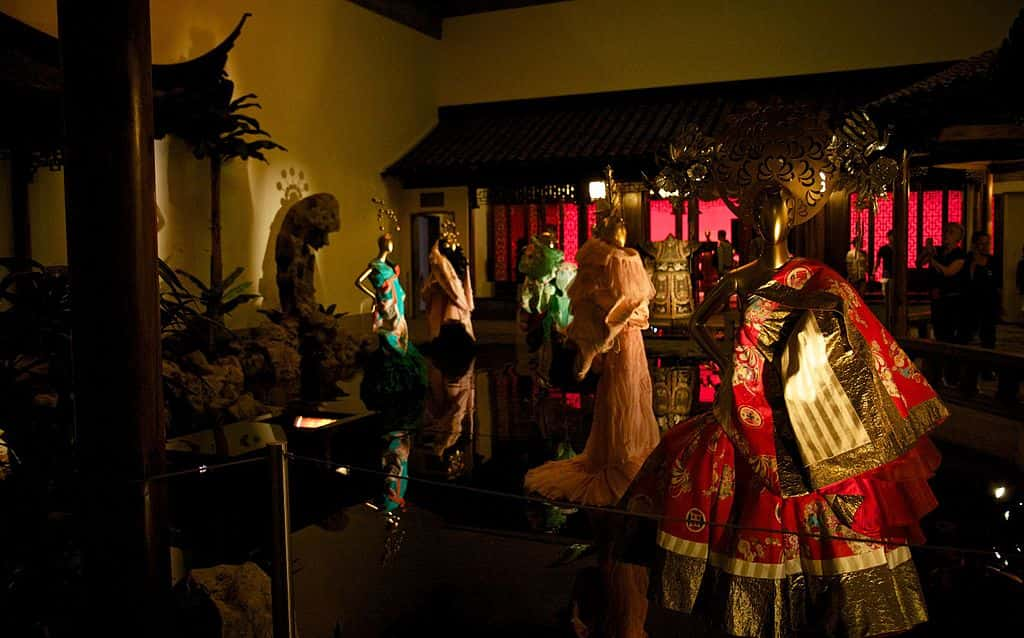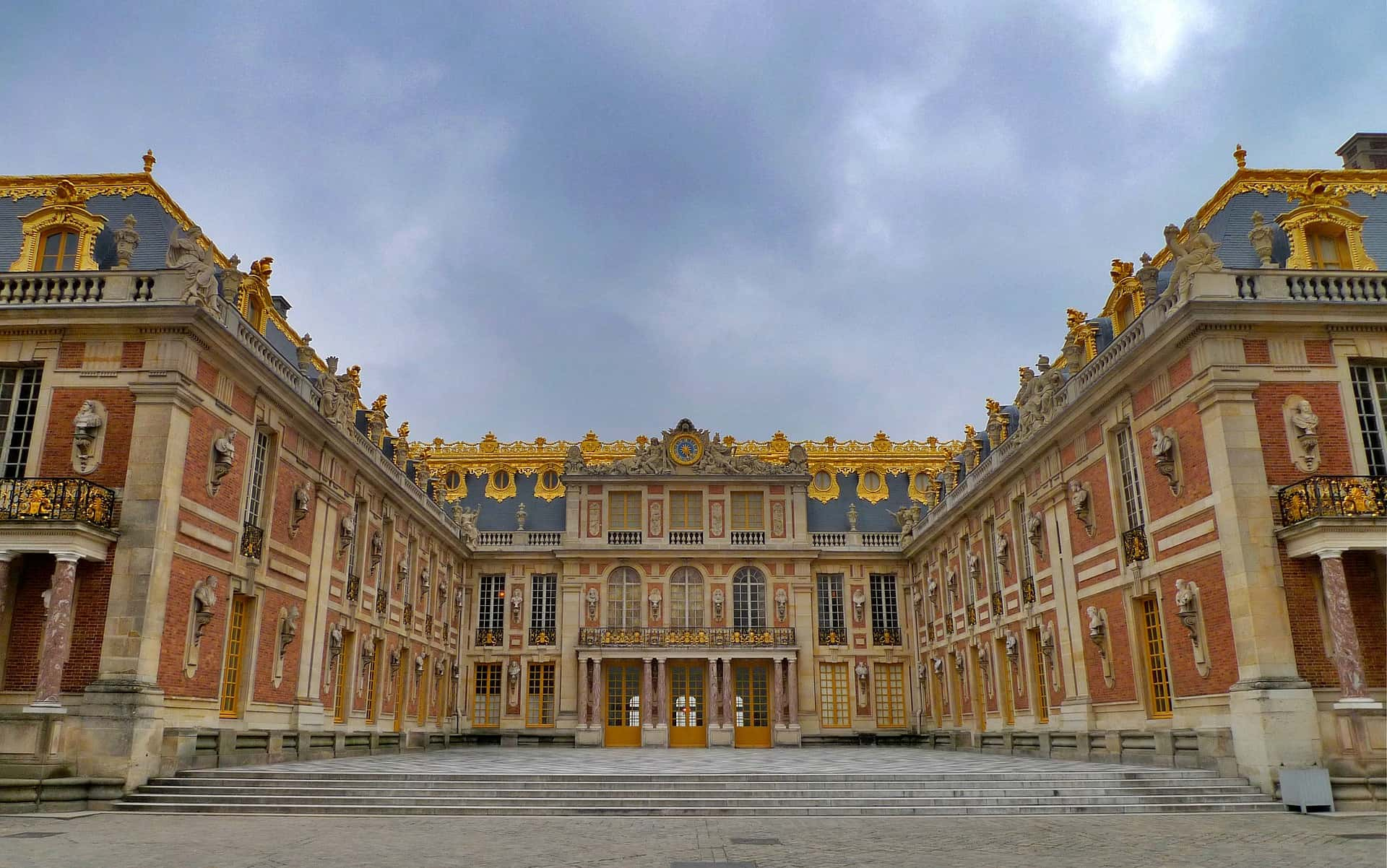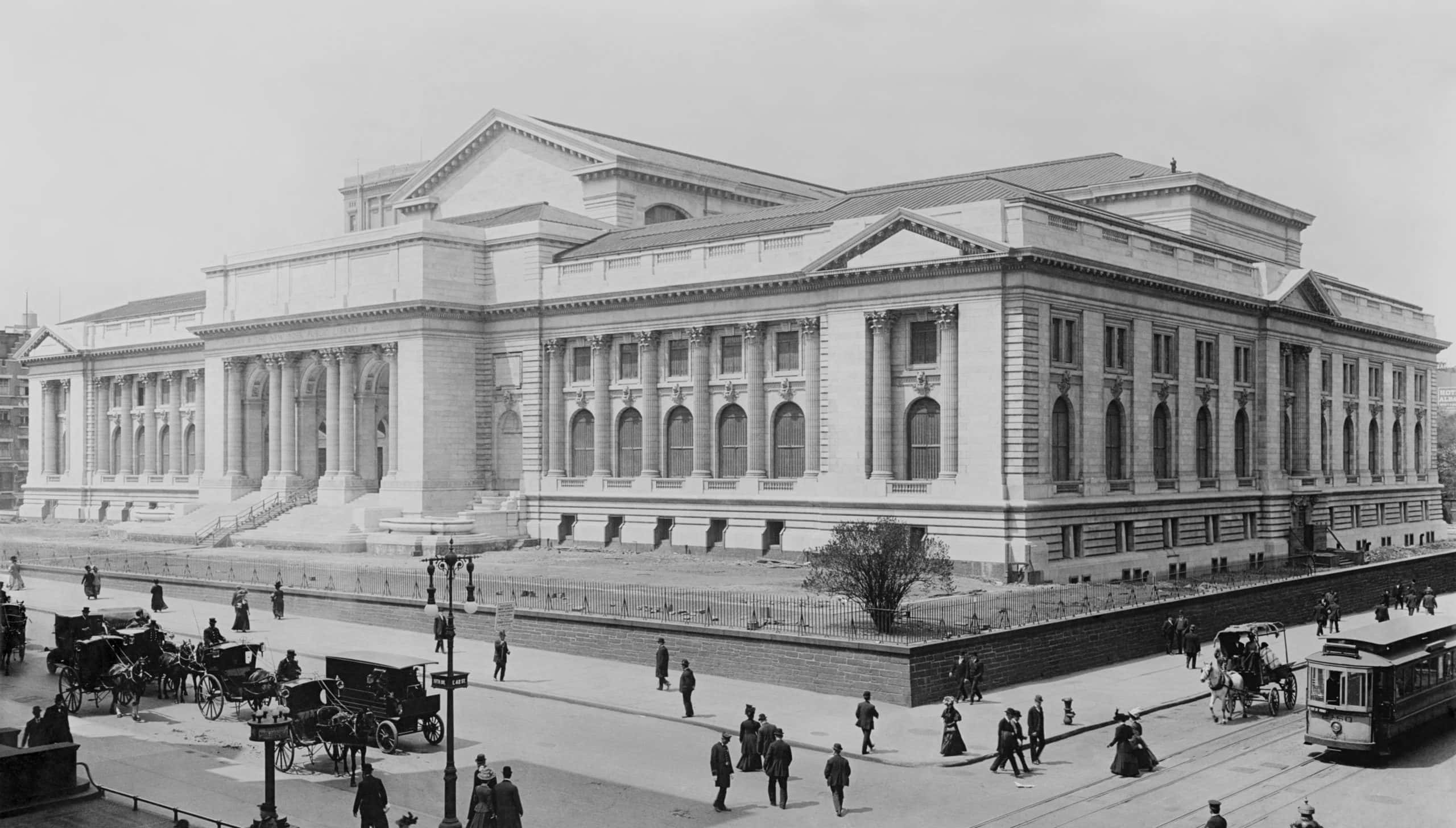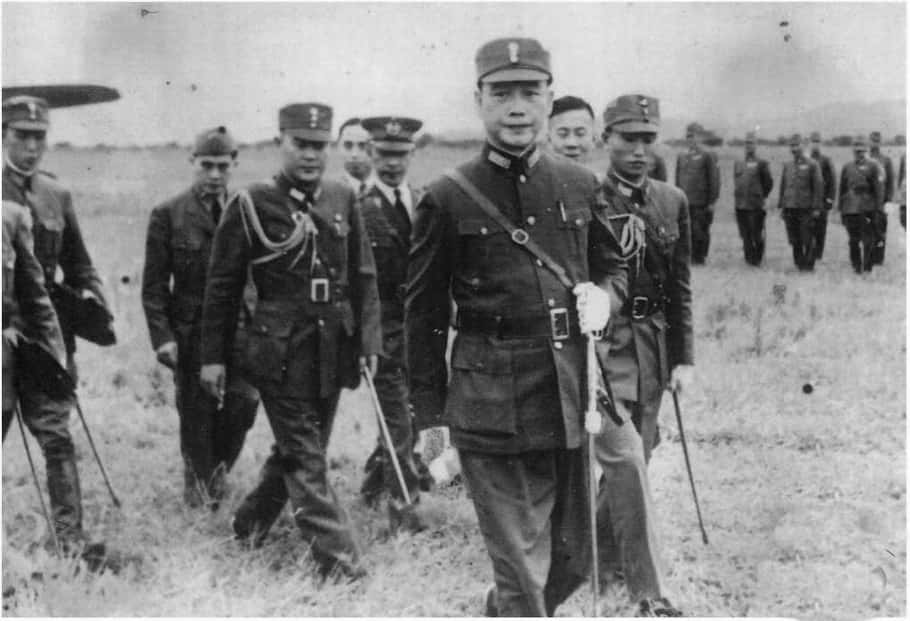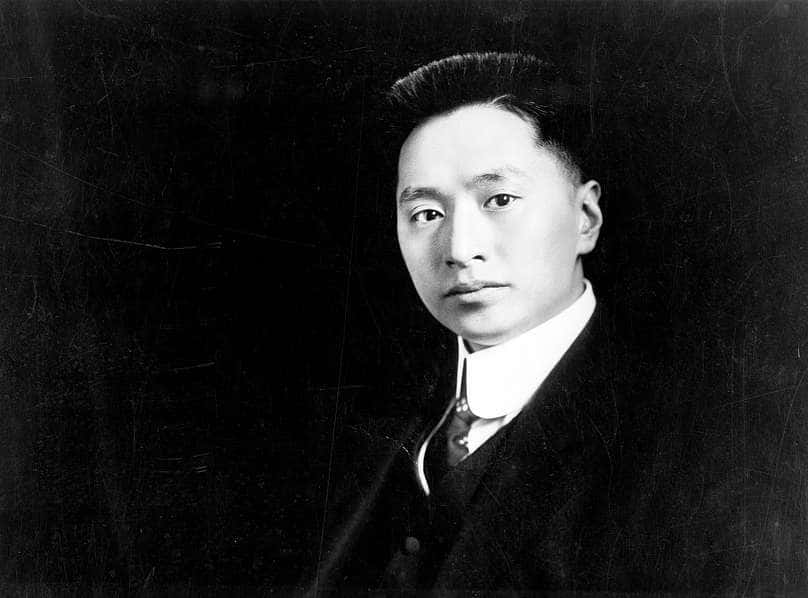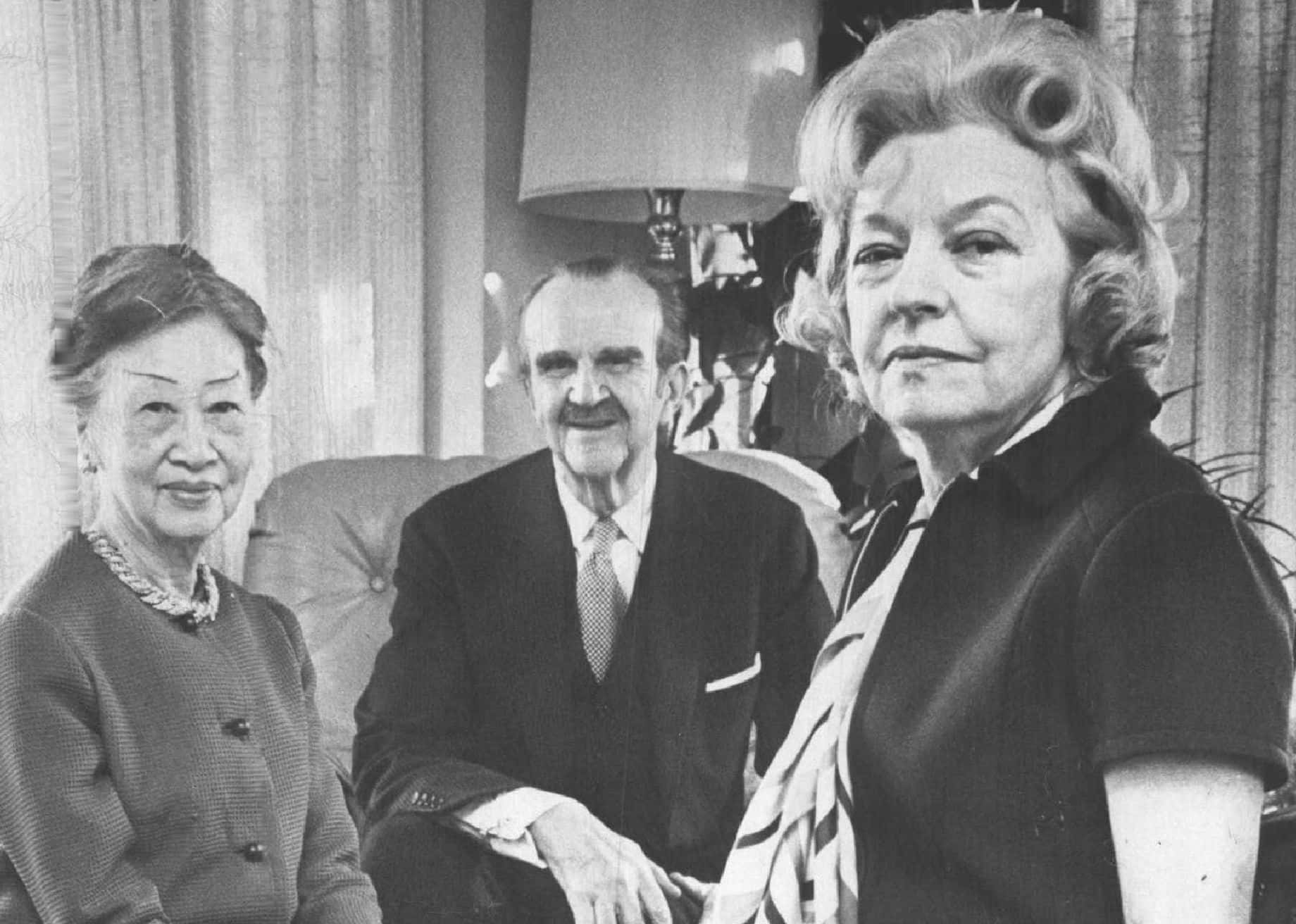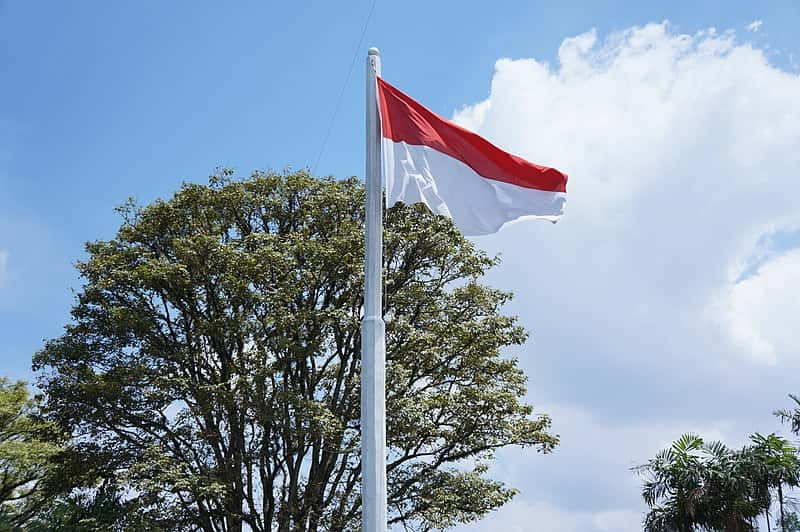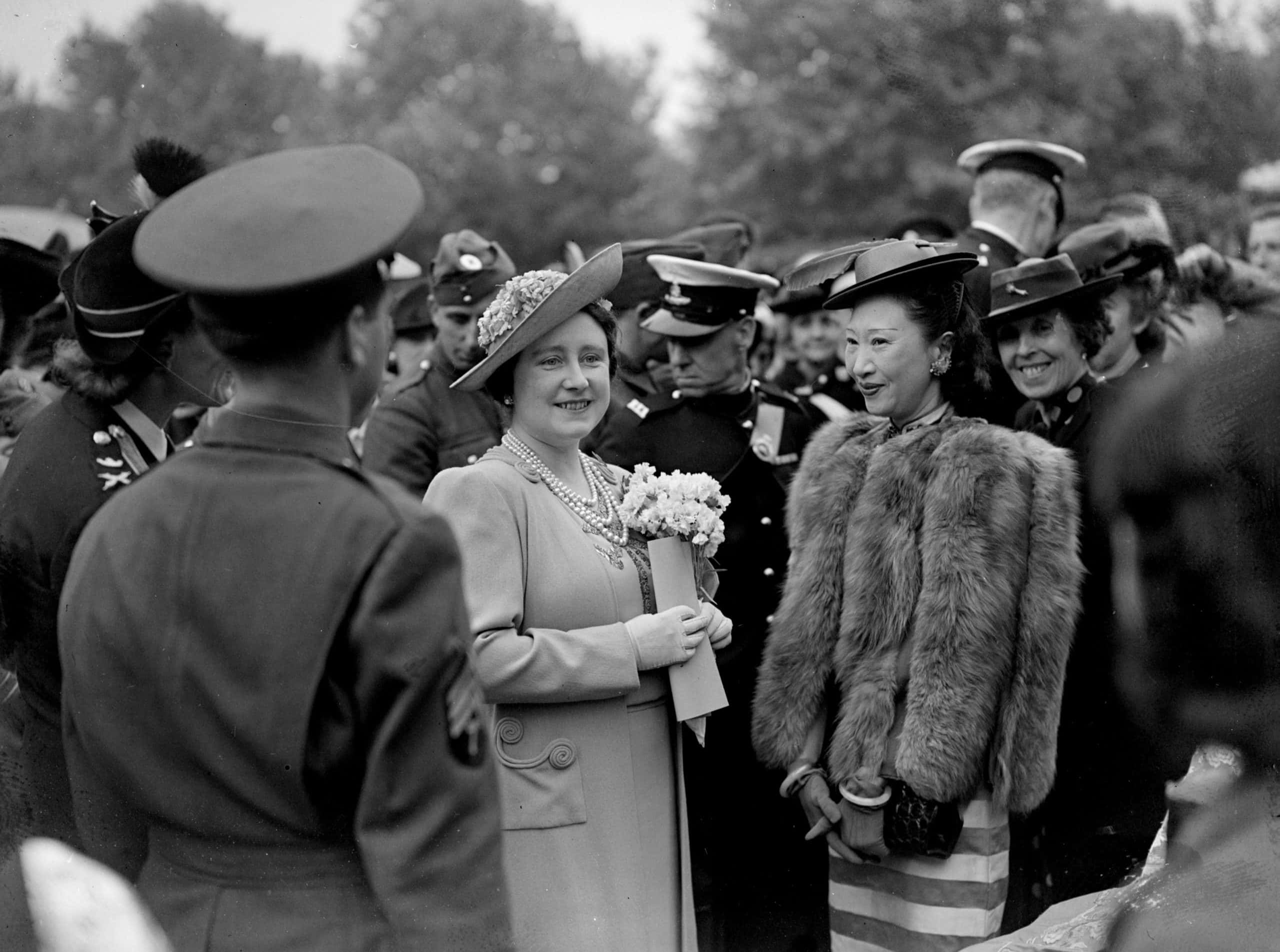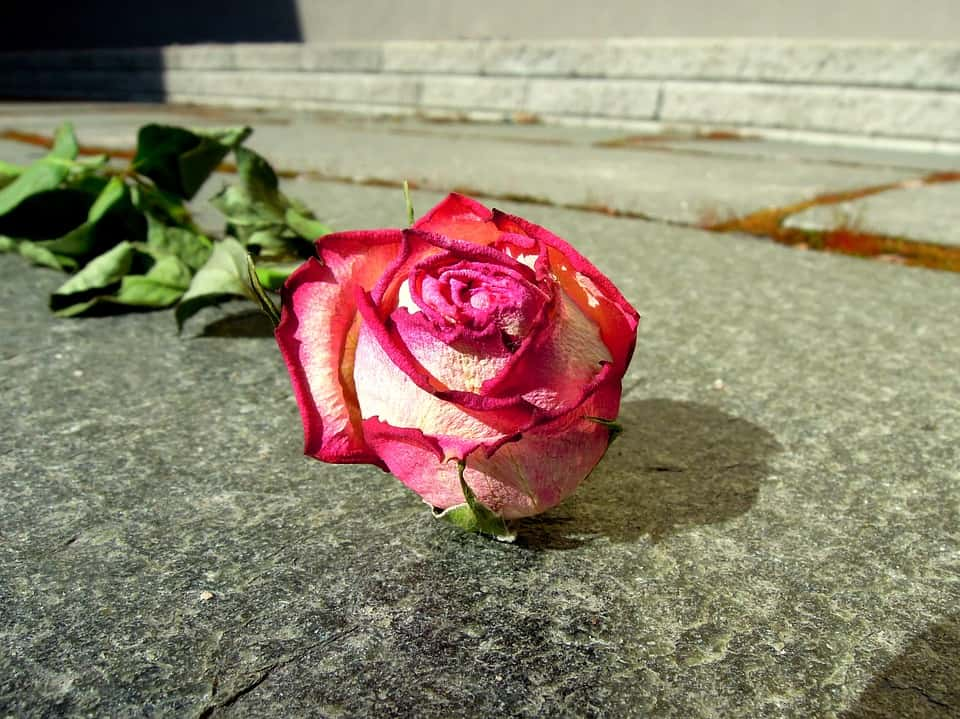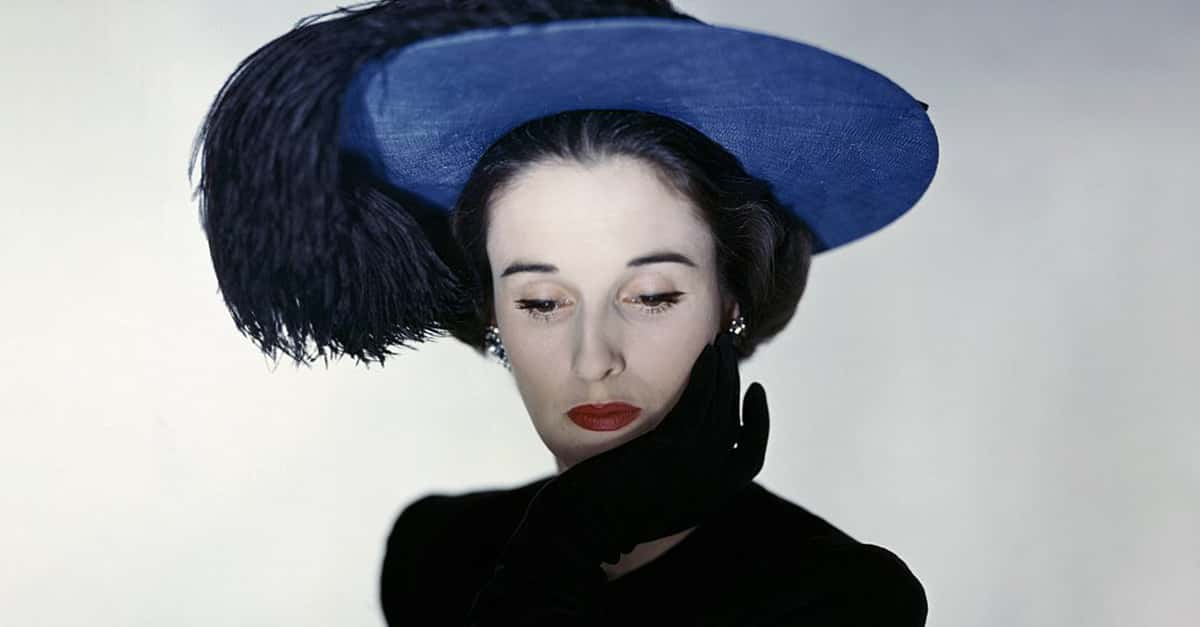In the golden glamour of the Jazz Age in the 1920s, perhaps no beautiful socialite was as celebrated as Hui-Lan Koo, AKA, Madame Wellington Koo. Born Oei Hui-lan, the Indonesian heiress rose to prominence in all the best parties of her day for her elegance, her intelligence, and her eccentricity. Yet behind the mask of her beauty, Hui-lan hid a dramatic life that was equal parts scandal and tragedy.
Hui-lan Koo Facts
1. She Was Born Into Privilege
In 1889, Oei Hui-lan was born into immense privilege. People called her upstart businessman father the “Rockefeller of China,” and by the time he was growing his family in modern-day Indonesia, he had amassed a wealth that would make most American eyes pop. Meanwhile, little Hui-lan’s high-class mother was from deep, old money. Which isn’t to say the girl’s childhood was traditional…
2. Her Father Was A Womanizer
Sure, Hui-lan grew up in surroundings that most little girls can only dream of, but there was a scandalous side to her childhood. Although Hui-lan’s mother was the most senior wife in the family, she wasn’t the only wife. Indeed, her father had a slew of junior wives and concubines, and no fewer than 42 children…that we know of. Is it any wonder Hui-lan had to work to stand out?
3. She Was Chic From A Young Age
Hui-lan’s socialite ways started early. Her mother was interested in fashion and instilled a sense of hard-won yet seemingly effortless elegance in her daughter. She even took the young girl on trips with her to London, where Hui-lan dressed in European fashions and even cut her hair into a chic bob. But it wasn’t just her looks that put her on the map.
4. She Showed Great Promise
Almost from the very beginning, Hui-lan seemed destined for stardom. Even though the competition was fierce in her family, she emerged as her father’s favorite child. Besides that, she lived in a palatial estate, and a string of Europe’s best tutors and governesses came over to instruct her in languages, music, and other elegant endeavors. Only, that wasn’t all she learned.
5. Her Parents Were Demanding
Hui-lan’s parents had some…pretty weird expectations of their daughter, and they showed it in even stranger ways. Case in point: When she was still just a baby, her mother reportedly decked her out in an 80-karat diamond necklace, despite the fact she was barely able to lift her neck under the weight. Hui-lan: The original toddler in tiaras.
6. She Was A Great Beauty
As Hui-lan grew up, it wasn’t long before people started noticing the cultured, cosmopolitan girl was also a total knockout. With inquisitive eyes, a pouty mouth, and an inborn sense of fashion and grace, she more than matched the upcoming craze for the swan-like women of the 1920s. Still, whatever she might have looked like on the outside, she was still a young girl on the inside.
7. She Was Sheltered
For all Hui-lan’s immense privilege, her parents kept her cut off almost entirely from society. Hui-lan and her siblings had excruciatingly little contact with the local Javanese culture they were living in. At most, she only had tourist excursions or conversations with her servants. Sadly, this naïveté would not serve her well in the next part of her life.
 Wikipedia
Wikipedia
8. She Had A Romance With A Much Older Man
When she was still a teenager, Hui-lan met and began to court the British consulate agent Beauchamp Caulfield-Stoker, who—as you can probably guess from his double-barreled name—was about as stiff-upper-lip British as they come and nearly two decades older than her. Yeah, probably not the best companion for a beautiful girl in the bloom of youth. But no one knew how bad it would get.
9. She Was A Teenaged Bride
In 1909, Hui-lan tied the knot with Caulfield-Stoker in a ceremony in her hometown. Romantic, huh? Well, not really. All in all, the union seemed more like a business deal than a love match, with Hui-lan’s new husband quickly taking up some of her father’s businesses over in England. Don’t worry, though: There was something in it for her, too.

History's most fascinating stories and darkest secrets, delivered to your inbox daily.
10. Her Entire Life Changed
Just a year after she married Caulfield-Stoker, Hui-lan’s whole life changed. The newlyweds soon moved permanently over to England in a house her daddy bought, and it was everything Hui-lan wanted. Smart, beautiful, and trained in the finest education colonialism could offer, Hui-lan was already dead-set on becoming the talk of the town in London. So it wasn’t long before she caused a scandal.
11. She Was A Socialite Star
Oh, at first Hui-lan started out innocent enough. Her pedigree and beauty naturally got her into the best parties, and she began rubbing elbows with the likes of society girl Lady Diana Manners and the domineering aristocrat Margot Asquith. And once she got in those doors, people couldn’t forget her, leading The Times to claim that "no dance or other function was complete without [her].”
Then? Hui-lan took it up a notch.
12. She Was A Daredevil
Once Hui-lan hit English soil, she really let her freak flag fly. Determined not to be the sheltered little Chinese-Indonesian girl she had been back home, she took a vested interest in daredevil activities like aviation and, as Tatler noted at the time, was “among the first ladies to indulge in civilian flying." But that wasn’t all.
13. She Became Notorious For One Thing
When she wasn’t landing planes wherever she could, Hui-lan became famous all over London for zipping around in her signature grey two-seater Rolls Royce. Of course, this wasn’t so much because the car was luxurious, but because Hui-lan would race wildly in and out of traffic. Eventually, all this notoriety went to her head.
14. She Made Up An Aristocratic Title
Hui-lan slid into her role as a society darling with ease, insisting that people call her “Lady Stoker” or “Countess Stoker” just because her own father was sometimes called a Count in his day. After all, she was rich enough be aristocracy, and didn’t she deserve her own fancy title? Still, Hui-lan’s newfound confidence had disastrous consequences.
15. Her Husband Resented Her
See, Beauchamp Caulfield-Stoker had wanted a naïve girl to bring home, and he was aghast at his pretty little Asian bride’s transformation into a ballsy society maiden. Reports abounded in the papers of Caulfield-Stoker’s dislike for the midnight parties Hui-lan went to, as well as his eventual distaste for Hui-lan herself. Things were heading downhill…and then they hit a complication.
16. She Became A Mother At The Worst Time
Just a handful of years into her marriage with Caulfield-Stoker, Hui-lan discovered she was pregnant, giving birth to a baby boy in 1912 whom she named Lionel Montgomery Caulfield-Stoker. Yet if either Hui-lan or her husband hoped that a child would bring them together, they were sorely mistaken. It was merely the beginning of the end.
17. She Had A Bad Habit
As if Hui-lan’s party-hopping weren’t enough, she also got very into the dark pursuits of the occult as well as unladylike gambling. Spiritualism was all the rage in the Jazz Age, and Hui-lan could smell a trend from a mile away. As for the gambling? Well, if you had loads of daddy’s money to burn, wouldn’t you spend some of it at the blackjack table?
18. Her Husband Abandoned Her
By 1915, Hui-lan’s son Lionel was just three years old, and her marriage was falling apart at the seams. That’s when Caulfield-Stoker dealt her his worst betrayal yet. Her husband took up a commission with the Royal Army Service Corps, partly to keep as far away from Hui-lan as he could. And then he twisted the knife in.
19. Her Husband Was Cruel To Her
Apparently completely unaware that his mega hot wife was cool as heck, Caulfield-Stoker only grew more insulting with this distance between them. He barely kept in contact with Hui-lan while he was away, and apparently, when he did come home on rare occasions, he insisted on sleeping in a separate bedroom. And as for Hui-lan…
20. She Tried To Fix Her Disastrous Marriage
Even though she was clearly so much better than her husband, Hui-lan did still try to make it work with Caulfield-Stoker. She even suggested visiting him Devonport, where he was posted. His response? "It is quite ridiculous for you to come down here as you could not stick it for more than two or three days.” Ouch. Sadly though, this would get a whole lot uglier.
21. She Had A Horrific Breakup
By 1919, even the tireless Hui-lan had quite enough and realized she couldn’t possibly be “Lady Stoker” anymore, at least not with her spoilsport husband constantly bringing her down. That year, she filed for divorce against Caulfield-Stoker and waved goodbye to being a kept woman. But the divorce paperwork revealed one final, awful indignity.
22. Her Husband Kept A Huge Secret
Like so many scorned wives before her, Hui-lan cited “cruelty” and “misconduct” as her grounds for divorce—only that was far from all. In a jaw-dropping admission, Hui-lan also claimed that Beauchamp had point-blank refused to introduce her to his family throughout the entire decade they had been married. Um, WHAT? Throw out the whole man, Hui-lan. Except that wasn’t the end of that.
23. She Made An Enormous Sacrifice
After her marriage went right down the drain, Hui-lan had to make a heartbreaking sacrifice. Eventually, her young son Lionel went to live with Beauchamp Caulfield-Stoker instead of his own mother, and he grew up mostly in England while Hui-lan started her new life as a single woman. Um, not that she was single for long.
24. Her Mother Pushed Her To Re-Marry
Hui-lan’s family hadn’t raised their daughter to be stylish, intelligent, and erudite just so she could live out the rest of her years as a—gasp—old divorcee, and her mother almost immediately started playing matchmaker to get Hui-lan back in the dating game. Her first pick? The dashing, Cambridge-educated V.K. Wellington Koo, a Chinese diplomat and a rising star on the international scene.
Now, few people like it when their mothers choose their lovers, but it was going to get a whole lot more awkward than this.
25. She Had An Awkward Blind Date
Like Hui-lan, Wellington Koo had been married before—twice, in fact. One marriage had ended in divorce, but his most recent wife, May Tang, had sadly succumbed to the Spanish flu just two years previously. Still, everybody thought he and Hui-lan were a match made in heaven—and when I say everybody, I do mean everybody. Even the late May Tang’s parents got in on the machinations to set up the new couple. Uh, okay.
26. She Had A Meet-Cute
In August 1920, Hui-lan and Wellington Koo finally met each other for the first time. It was like something out of a fairy tale. The two mega-rich, mega good-looking socialites first locked eyes at a summer dinner party in Paris. Well, mother really must know best, because the pair couldn’t look away after that, and everything moved very fast.
27. She Had A Whirlwind Engagement
After meeting that first summer night, Hui-lan and Wellington Koo were officially engaged by October, and just a month later they married in a lavish event in Brussels, Belgium at the Chinese Legate. From that point on, Hui-lan became famous as “Madame Wellington Koo,” transforming herself yet again into a glamorous icon. Still, all that glitters is not gold.
28. She Became The First Lady Of China
For the first few years of her marriage to Wellington Koo, Hui-lan lived an ideal life. She had two sons with him, Wellington Koo Jr. and Freeman Koo, but she didn’t limit herself to motherhood; she also became extremely powerful. In 1923, the couple moved to Beijing while Wellington Koo briefly became the Premier and interim President of the Republic of China.
Yep, for a hot minute, Hui-lan was the First Lady of China. Then tragedy came for her.
29. She Lost Her Beloved Father
Hui-lan had always had a close relationship with her father, who never failed to lavish his favorite little girl with expensive gifts and even pricier mansions. But in 1924, it all came crashing down. The patriarch passed that year, and Hui-lan had to return to her hometown to act as mourner-in-chief. Unfortunately, as we’ll see, sorrow wasn’t finished with Hui-lan.
30. She Was An Heiress
There was one major upside to the passing of Hui-lan’s beloved father: He left her a buttload of money as an inheritance. And oh, you can bet that Hui-lan made good use of the last of Daddy’s gifts. She and Wellington Koo relocated to Europe in the 1930s, and she made sure to entertain her new friends with eye-popping grandeur, blowing other diplomats right out of the water. And that wasn’t her only triumph.
31. She Insisted On The Best
Hui-lan was an overachiever if there ever was one, and she extended her high standards to her two young boys, Wellington Jr. and Freeman. While in Paris, she enrolled her sons in the MacJannet School, where they were contemporaries with none other than Prince Philip, Queen Elizabeth’s future husband. Yet, as with so many things in Hui-lan’s life, what went up had to go down.
32. She Had Friends In High Places
During her time as Madame Wellington Koo, Hui-lan made a cadre of well-connected and important friends, including the former King Edward VIII and the woman he gave up his throne for, Wallis Simpson, AKA the Duchess of Windsor. Like any good hostess, Hui-lan knew how to hold onto the best stories about her buddies and save them for posterity. Well, this next one is a doozy.
33. She Had A Sharp Wit
One tidbit Hui-lan remembered from her time with Wallis Simpson deserves its own spot in the posh, pampered socialite hall of fame. Although Hui-lan met Wallis Simpson in Shanghai, our girl claimed (and quipped) that the only phrase the Duchess of Windsor ever learned how to say in Mandarin was, “Boy, pass the champagne.” Legendary.
34. She Was Avant-Garde
Hui-lan knew the assets she could bring to the table, and one of them was her innate sense of style. She reveled in avant-garde fashion, even once showing up to a party in “an amazing creation with full Turkish trousers made of green chiffon, a gold lame bodice and a brief yellow jacket.” In other words, no one else was on her sartorial level.
35. She Was A Flapper
If there was anyone who lived in the moment, it was Hui-lan. Not only did she have a taste for the finest fashions of her day, she was up to speed on the most au courant ideas of her own period, and was particularly enamored with the image of the 1920s flapper. As she once said of herself, “I had the figure for it, tiny and small bosomed, and the vitality. If you can imagine a Chinese flapper, it was I.”
36. She Lived In The Center Of Glamour
Back in 1927, Wellington Koo and Hui-lan moved to Shanghai. It should have been a dream come true; Shanghai was one of the busiest cities in the world at the time, and full to bursting with Jazz Age luminaries and the chicest culture Asia had to offer. All this glamour, however, went right past our Hui-lan…for one single reason.
37. She Hated Her Life
Shanghai might have been great for some, but the elegant Hui-lan despised it, instead much preferring Beijing. To her, Shanghai only thought it was cultured. Meanwhile, in her words, the “British shipping people” who roamed its streets were “nobodies” putting on airs and disparaging the Chinese culture they actually knew nothing about. Hm, I see your point, Hui-lan.
38. She Owned Priceless Artefacts
Our girl Hui-lan had expensive tastes, and she managed to outdo even herself from time to time. Although she generally collected tasteful ornaments like fine porcelain and antique furniture, she really blew her budget when it came to her collection of jade jewelry; she had several pieces that came directly from the imperial collection.
39. Her Name Was Completely Different
Over the course of her life, Hui-lan kept reinventing herself in new ways, from “Lady Stoker,” the wife of a British upper-crust man, to “Madame Wellington Koo,” the society Dona of one of China’s most important diplomats. But few people know this code-switching started from a young age: As a girl, she took on the Anglicized name “Angele.”
40. She Transformed Fashion
Today, people credit Hui-lan as an innovator of Chinese fashion, but her biggest claim to fame was scandalous. While demure Chinese women at the time only wore the cheongsam, a traditional Chinese dress, with the side-slits going up a few inches, Hui-lan provocatively slashed hers all the way up to the knee. It was eyebrow-raising for the Jazz Age, but it caught on like wildfire.
41. Her Style Lives On
Hui-lan’s fashion prowess lives on to this day. Not only did publications like Vogue name her one of the best-dressed women of her time, the Met Ball’s recent event China: Through the Looking Glass named her as a “woman of style.” And really, how could you deny that?
42. She Was At A Legendary Party
In 1939, Hui-lan had one tragic swan song. No, not exactly for herself, but for the opulent life she was leading. With WWII on the horizon, the famous actress and hostess Elsie de Wolfe held a legendary party at Versailles for the beautiful Maharani of Kapurthala. Naturally, Hui-lan was there, along with other Parisian movers and shakers like Coco Chanel.
It was one of the last moments of the hazy Jazz Age, until everything plunged into chaos.
43. She Made A Great Escape
With the conflict looming in Europe, Hui-lan reinvented herself and her life once more, moving to New York City with her sons to escape the horrors of WWII. Granted, it helped that the boys were also attending their father’s alma mater, Columbia, so Hui-lan got to keep her high-class credentials even while on the run. Although she did have another secret motive…
44. She Was An International Spy
Hui-lan traveled to the United States with her family partly to sample New York society, but she also wanted to get down to some important business. After all, she had plans to convince the United States to join the Allied forces, and she particularly wanted them to help out China in WWII. Sadly, she wasn’t very successful—yet it wasn’t long before she had other things on her mind.
45. She Had A Tragic Divorce
While Hui-lan was over stateside with her children, her husband Wellington Koo was busy politicking around the world. It doomed them to a heartbreaking end. Although the pair managed to survive WWII, their marriage didn’t survive the distance, and they grew apart and eventually divorced in 1958. Which is about when Hui-lan’s ex dealt her a petty revenge.
46. Her Husband Traded Her In For A Younger Model
Although both Hui-lan and Wellington Koo were nearly 70 years old when they called it quits, Koo apparently still had a lot of love left to give…in his pants, at least. The very next year, he married the glamorous and beautiful Yen Yu-yun, who was almost two decades his junior. Hui-lan’s response to that life update was chilling.
47. She Refused To Give Up Her Power
Wellington Koo might have split from Hui-lan and moved onto “greener pastures,” but the socialite wasn’t about to give up so easily. Long after their divorce, Hui-lan still couldn’t quite come to terms with the reality of her life, and continued to insist that “I am Madame Wellington Koo, head of the family.” True or not, she still had one heck of a downfall ahead of her.
48. She Couldn’t Let Go
In the 1980s, Hui-lan was in her 90s and she still wasn’t done rising and grinding. She started up business ventures in Indonesia centered on shipping bicycles and other goods. It had a tragic end. These ventures all failed, leaving Hui-lan floundering and, for perhaps the first time in her life, uncertain of her place in the world. She wouldn’t get much relief.
49. She Wrote Tell-All Memoirs
In 1943 and then again in 1975, Hui-lan published two memoirs about her jet-setting life—and her revelations did not hold back. She spilled the beans on many of the figures she met during the course of her life, including Winston Churchill and Queen Mary. Perhaps most salacious of all, she also frankly admitted she thought, “All Chinese men are oversexed.”
50. She Lived To Be Over 100
In the end, the life of Hui-lan Koo spanned across a literal century, and she went from one of the most popular women in the world to a life of devastating loneliness. Sadly, Hui-lan outlived not only her two ex-husbands, but also, her three children. Nevertheless, the beautiful, elegant, and influential “Madame Wellington Koo” defined a generation of Chinese women to the rest of the world, and looked absolutely breathtaking while doing it.
When she passed in 1992 at the age of either 102 or 103, a legend passed with her.

